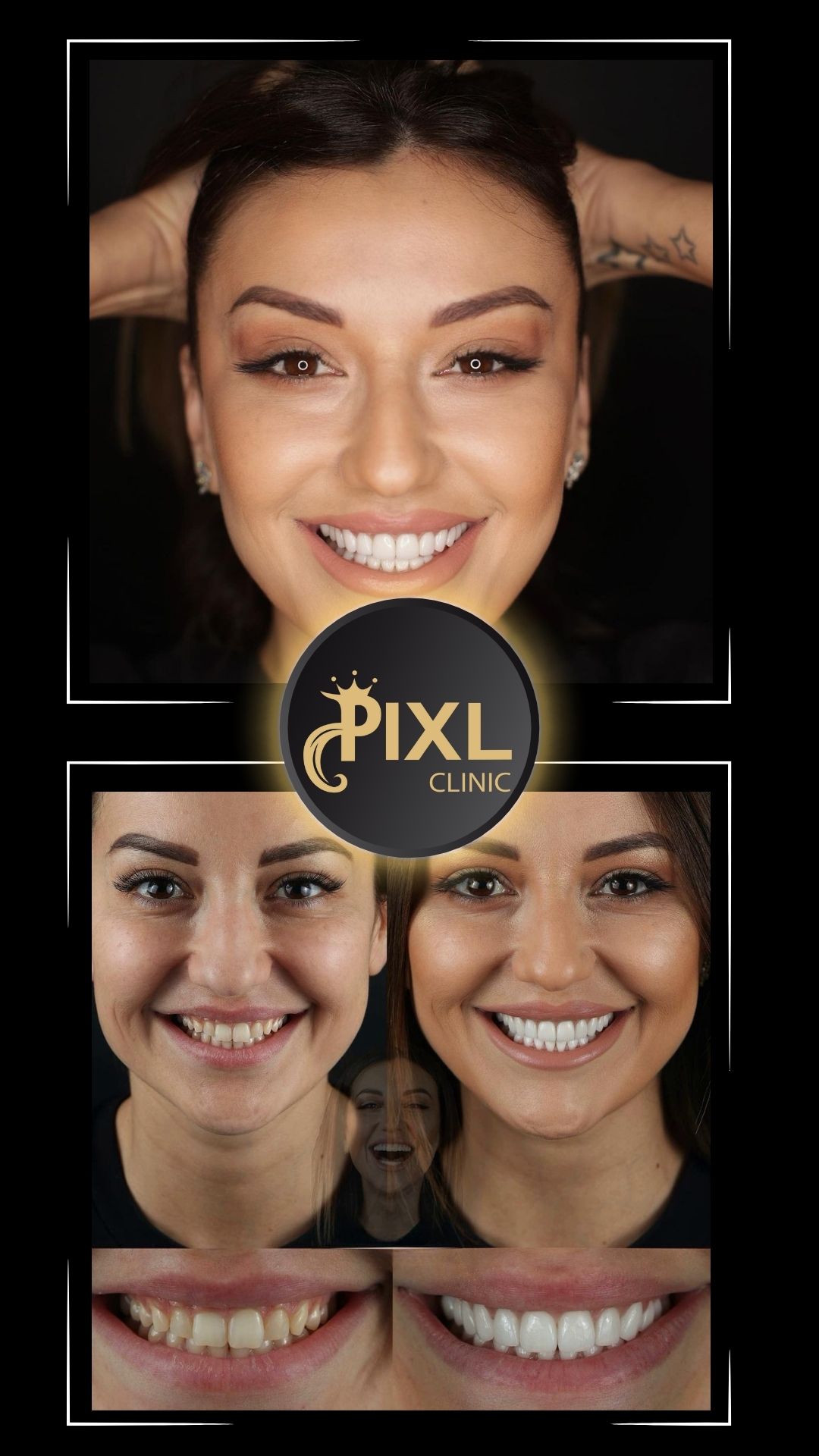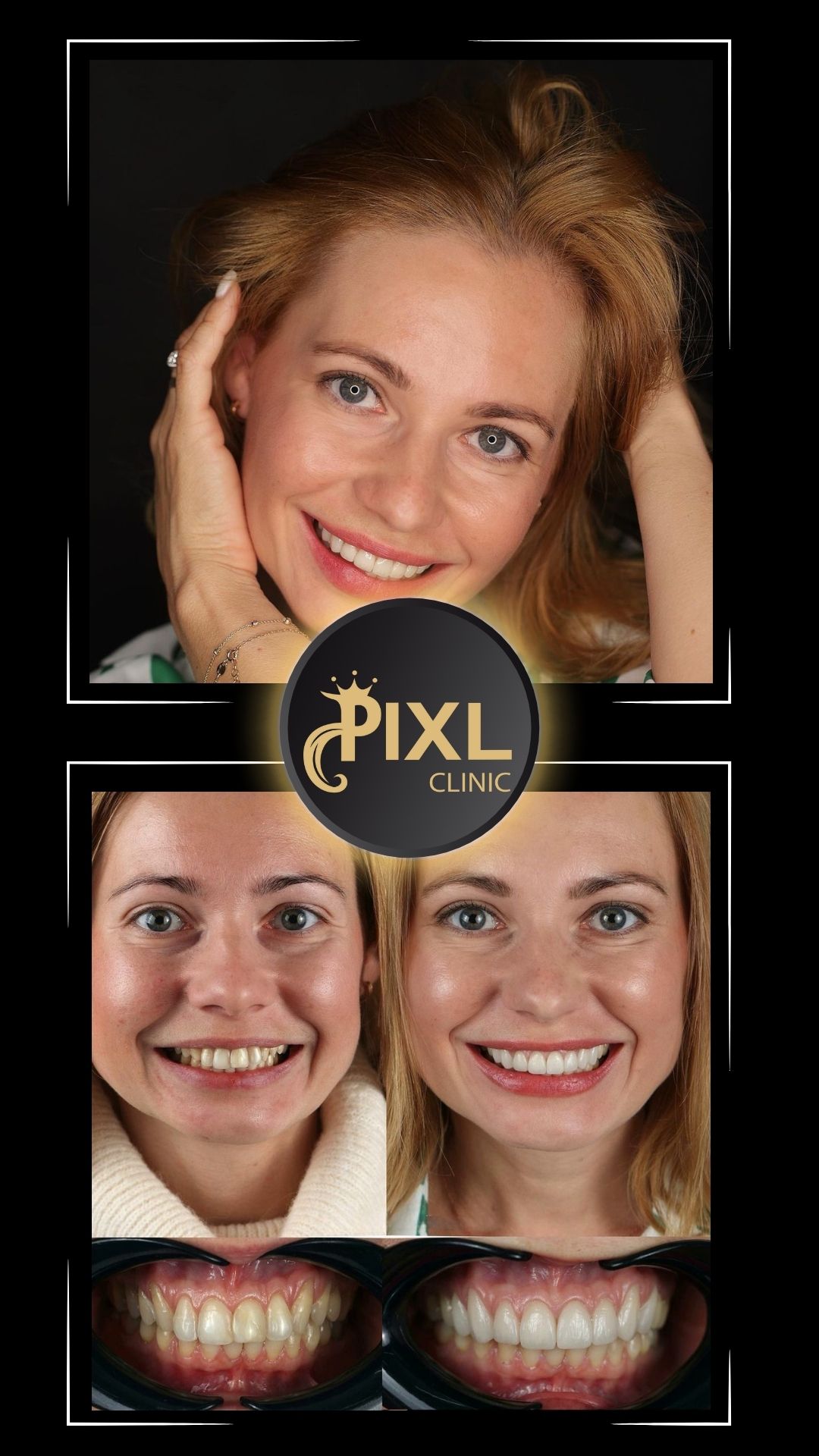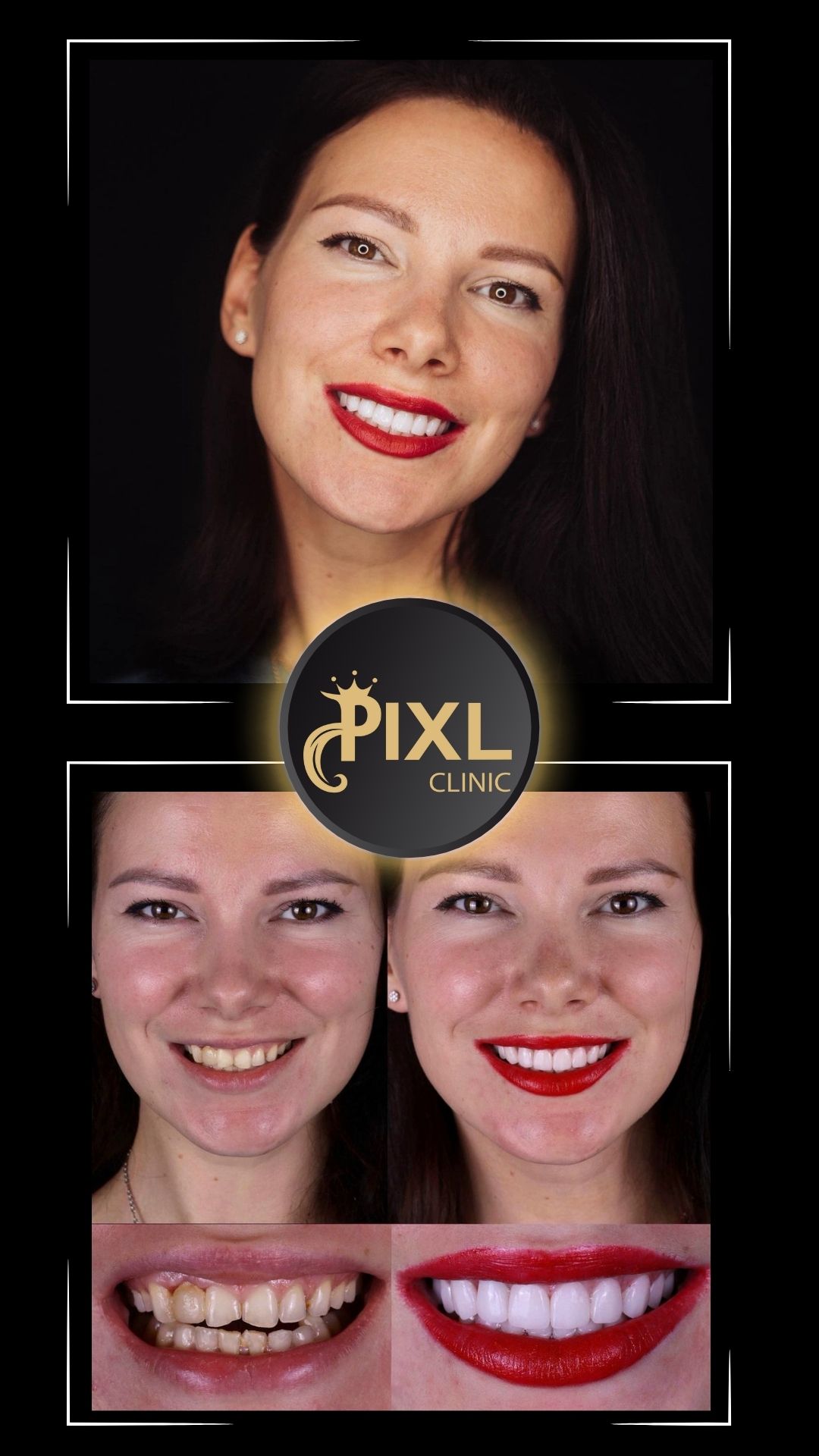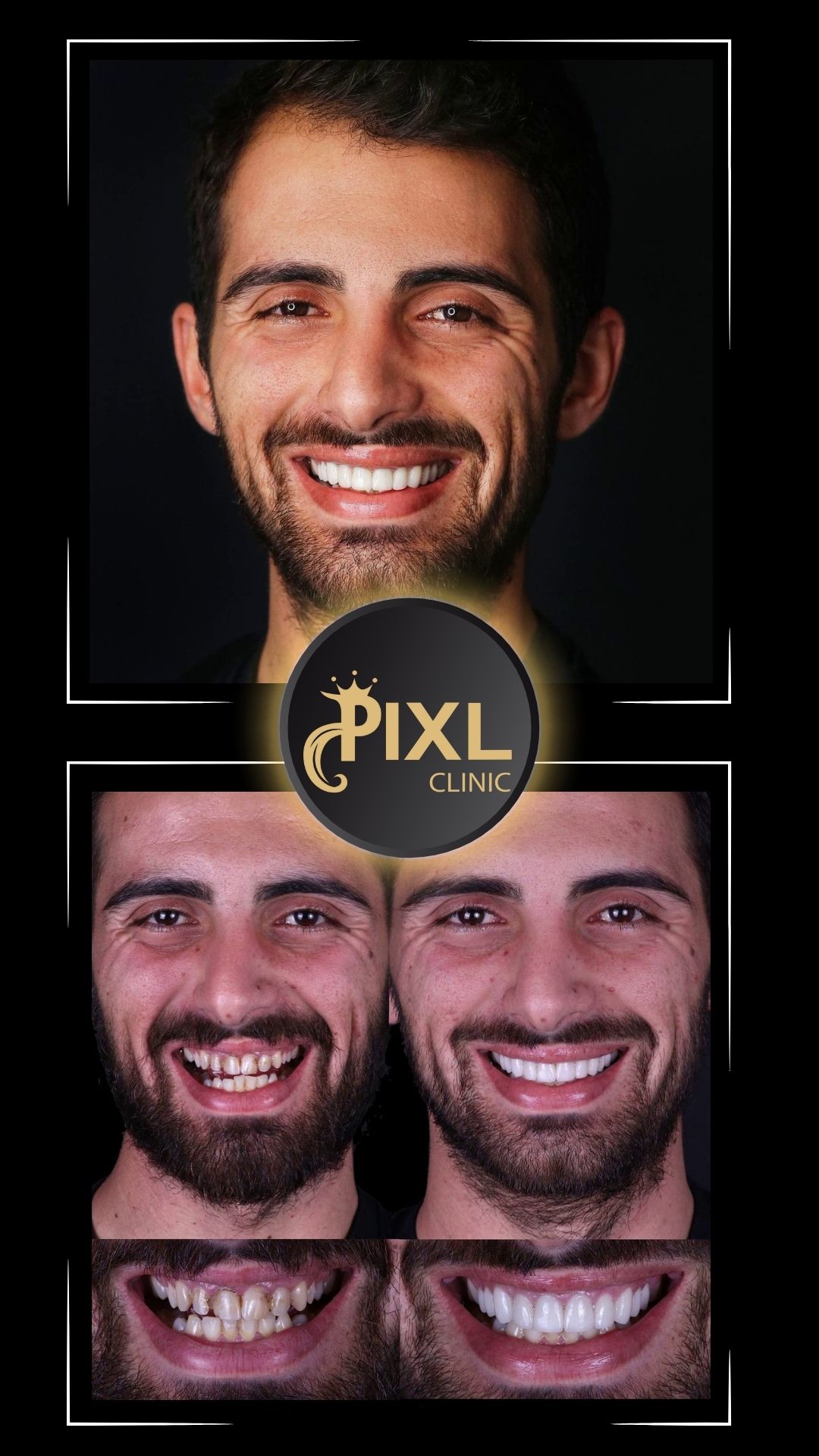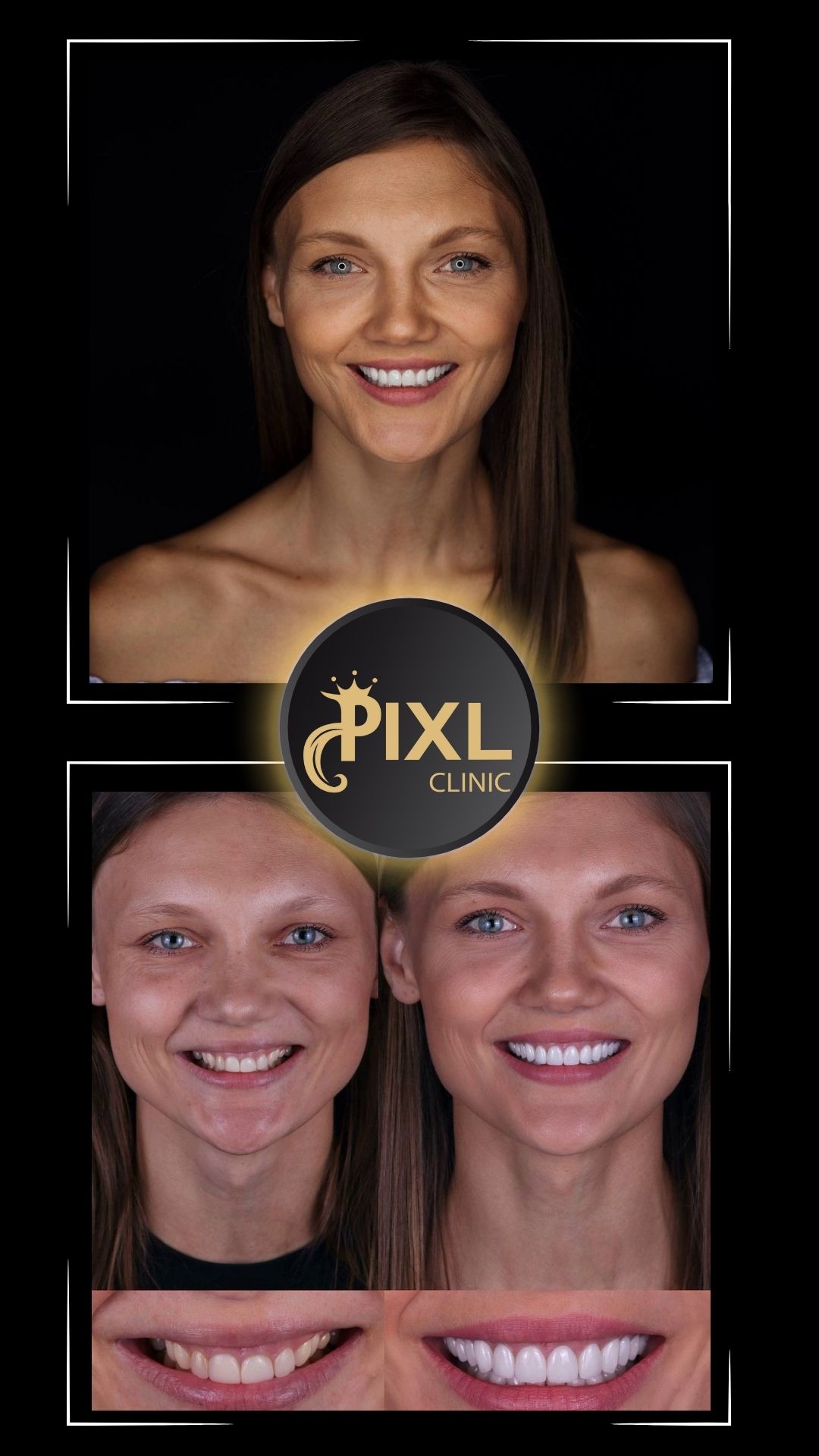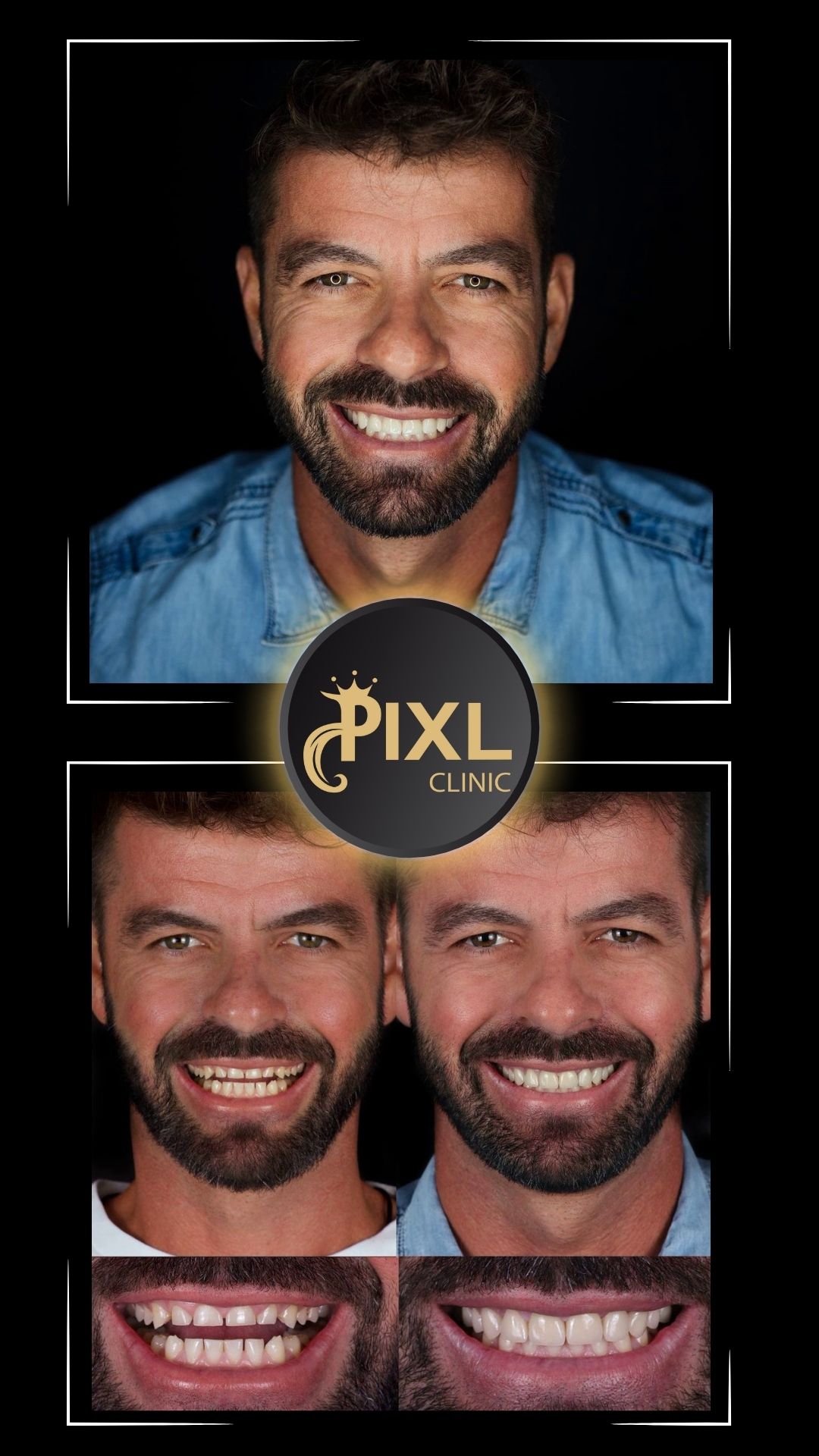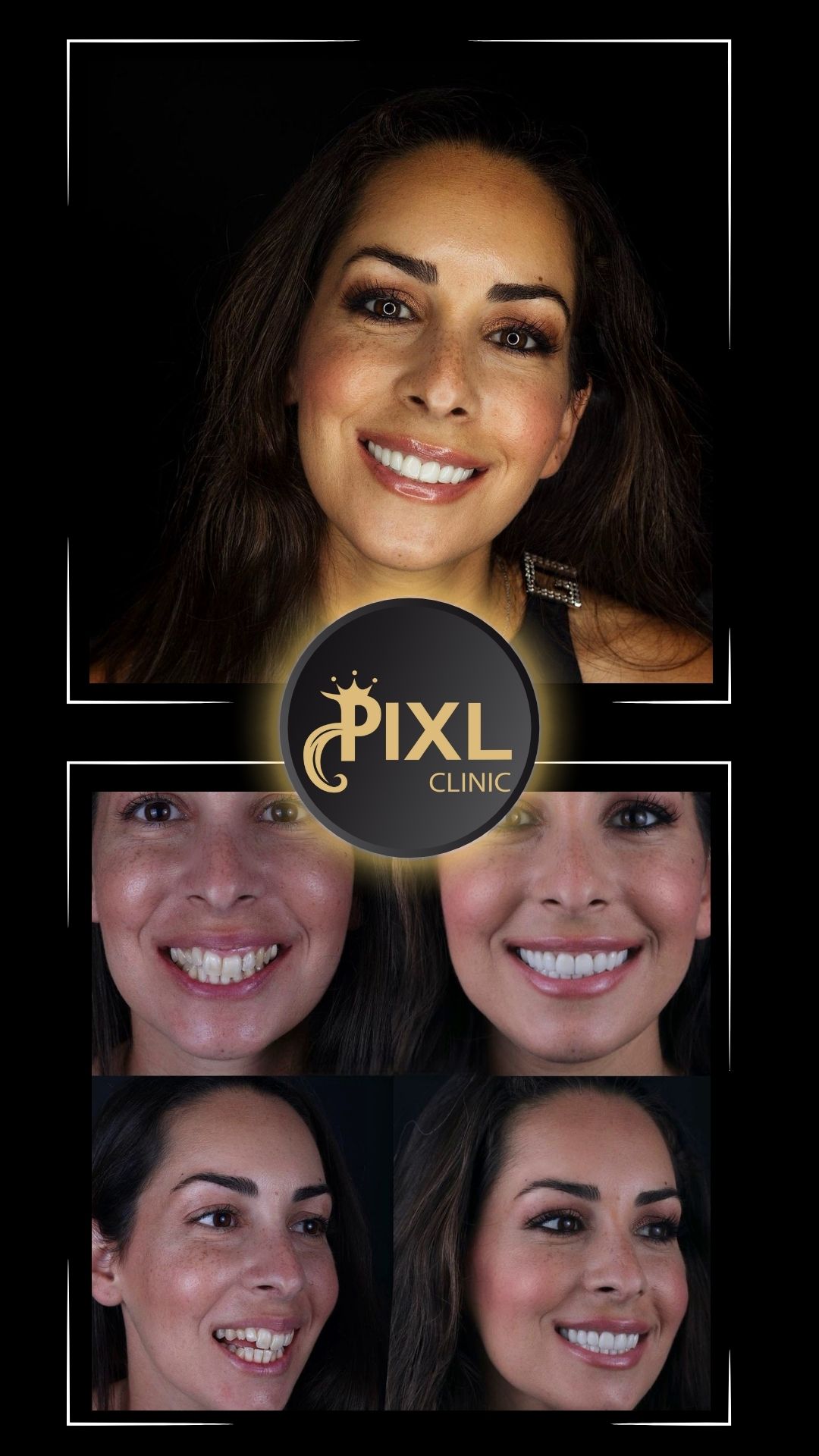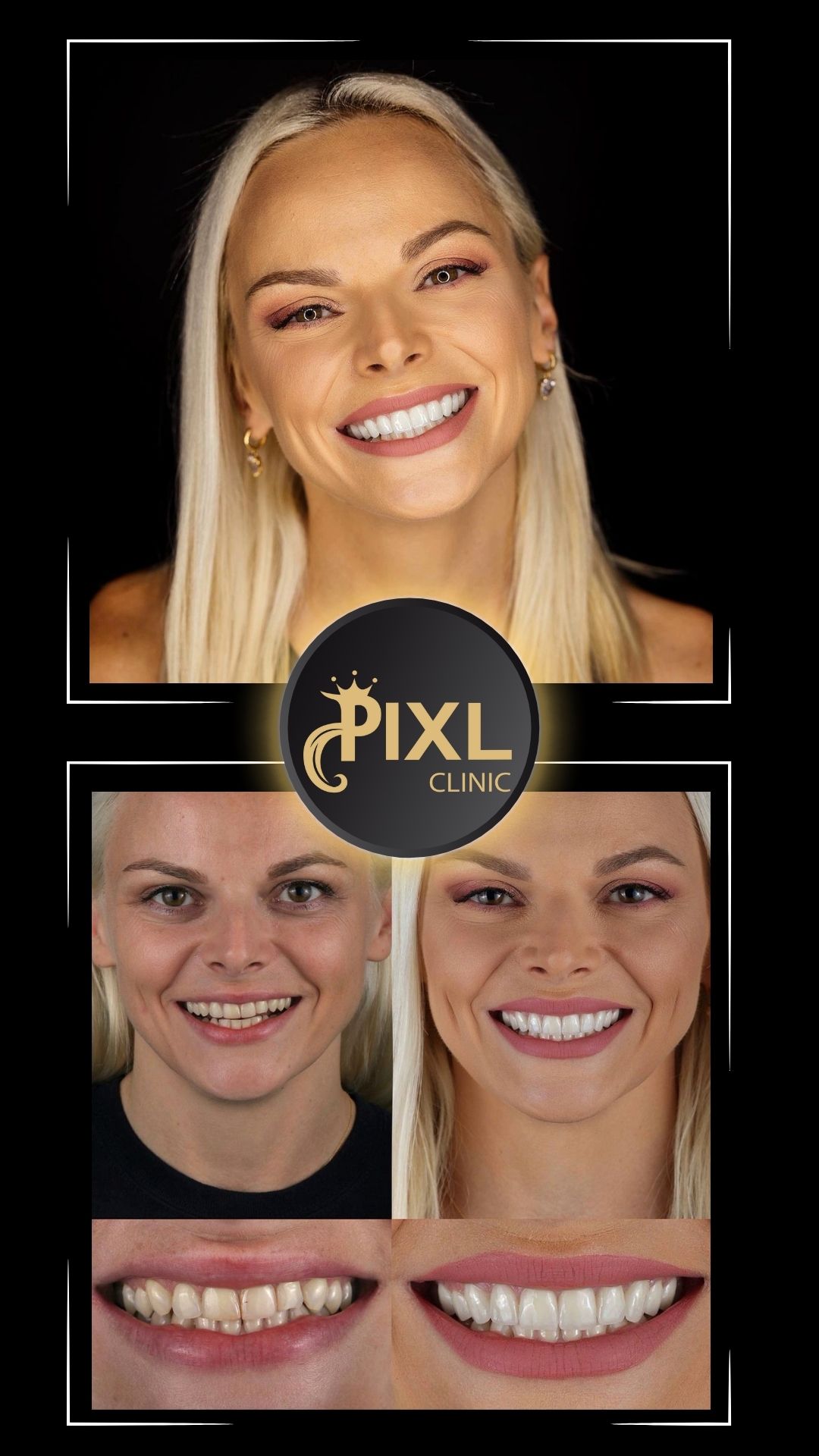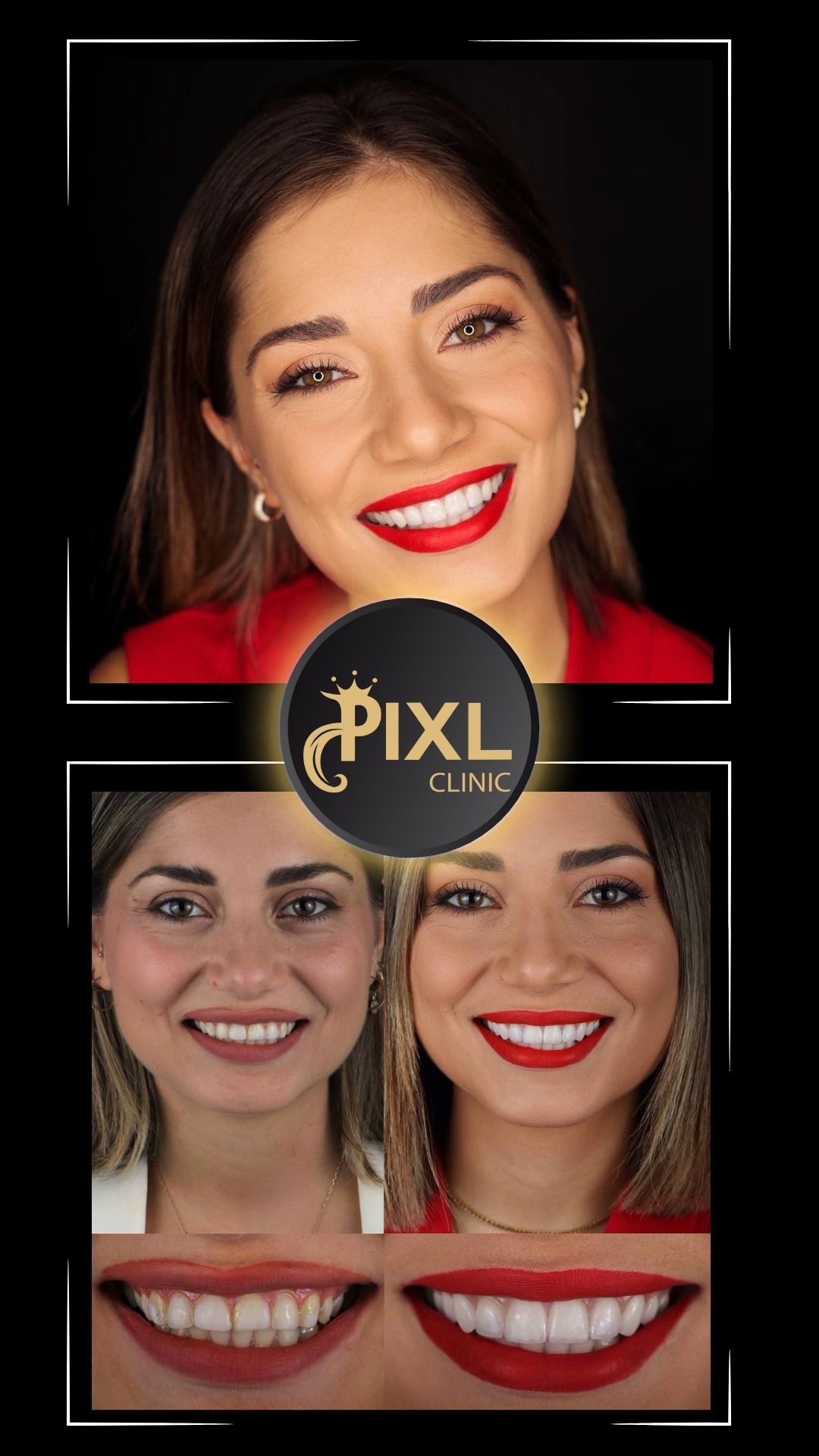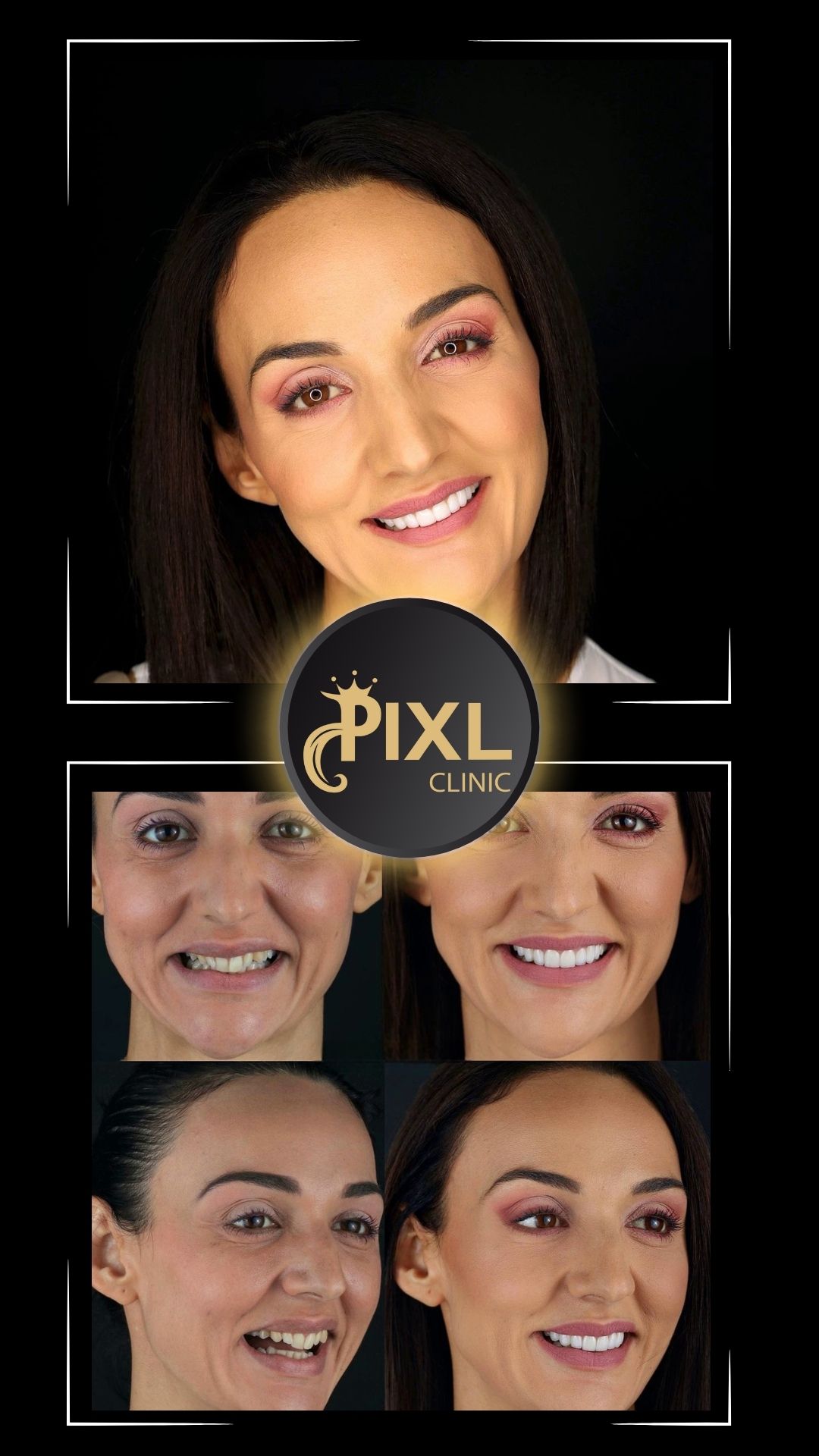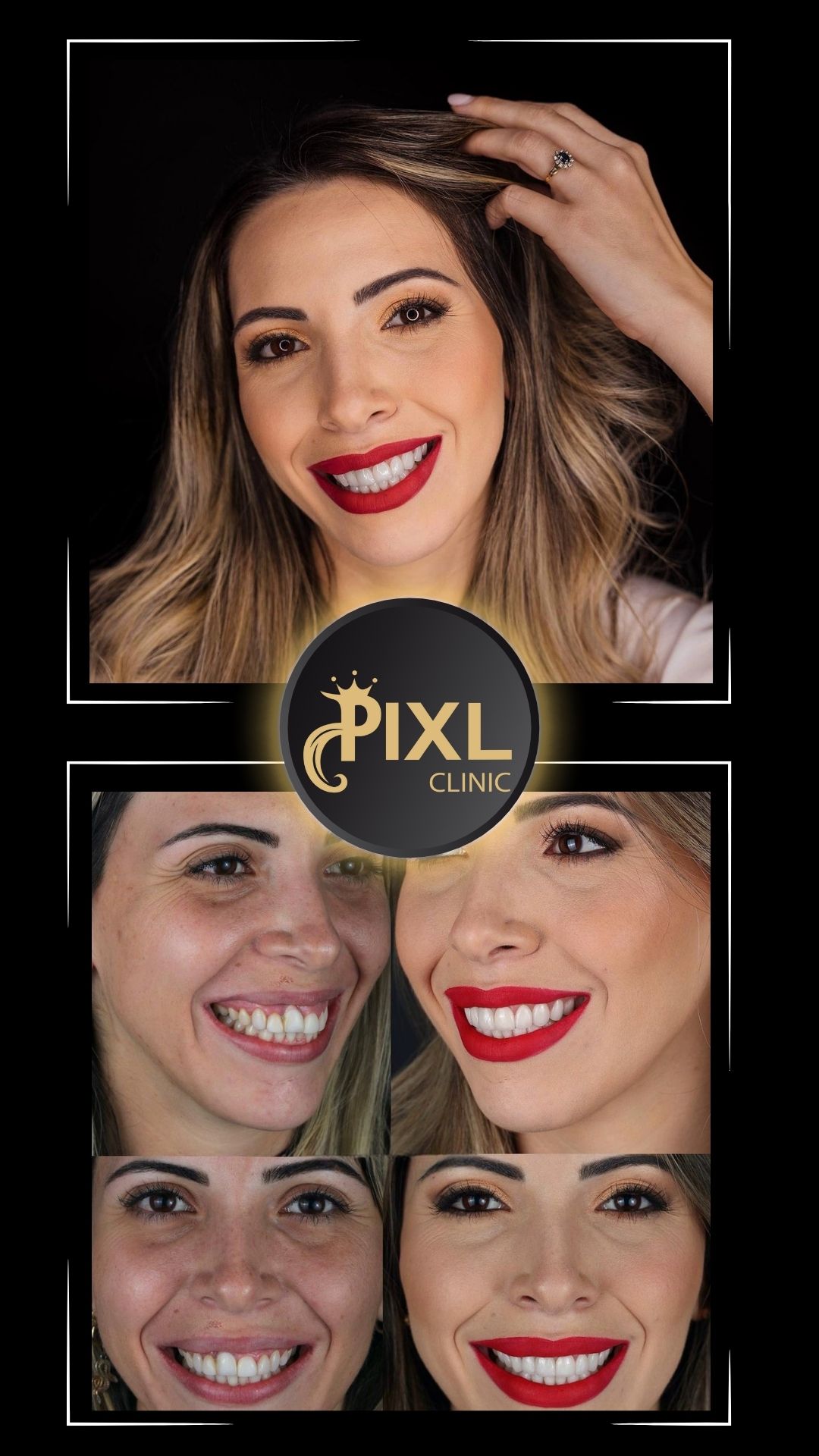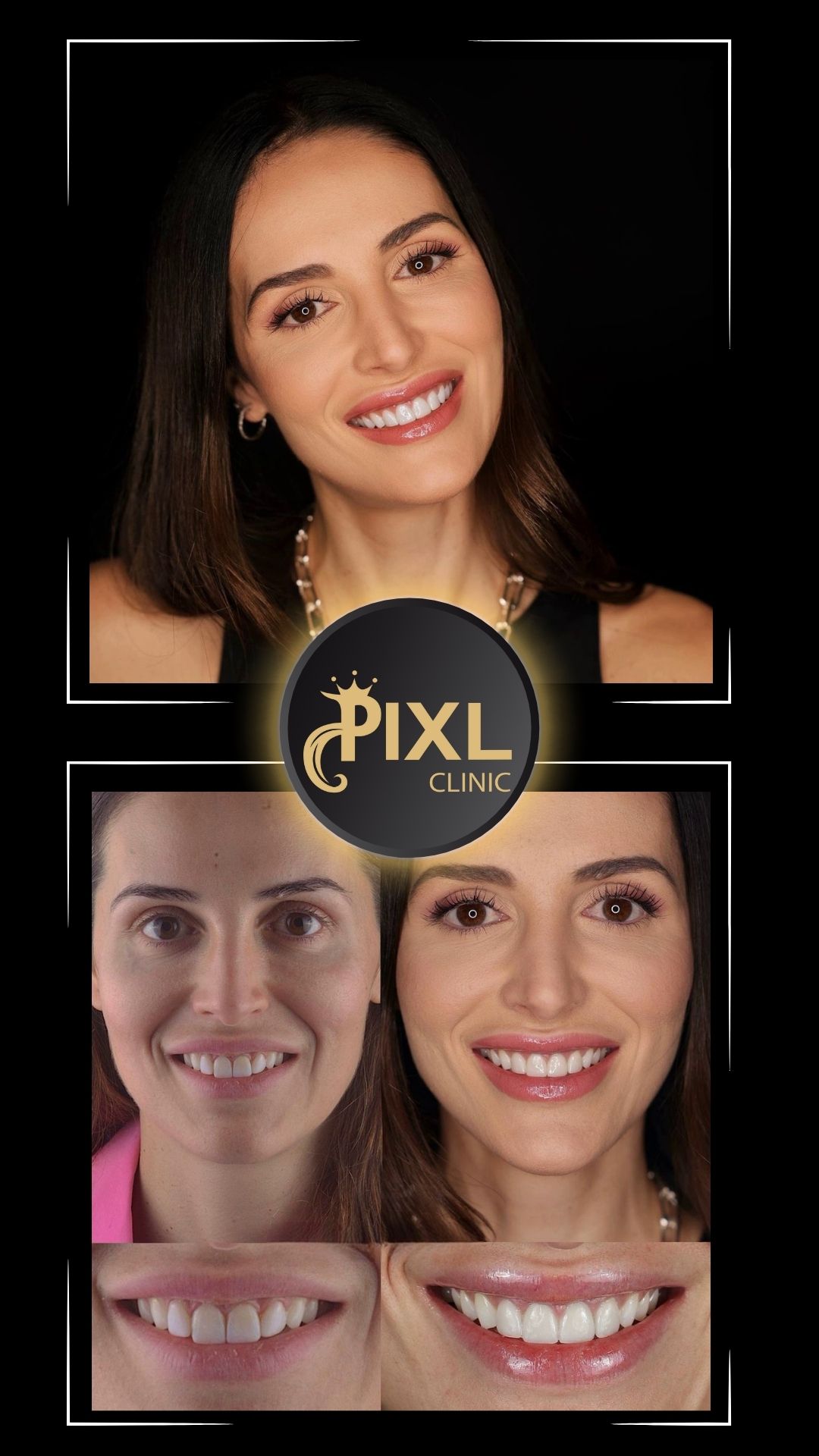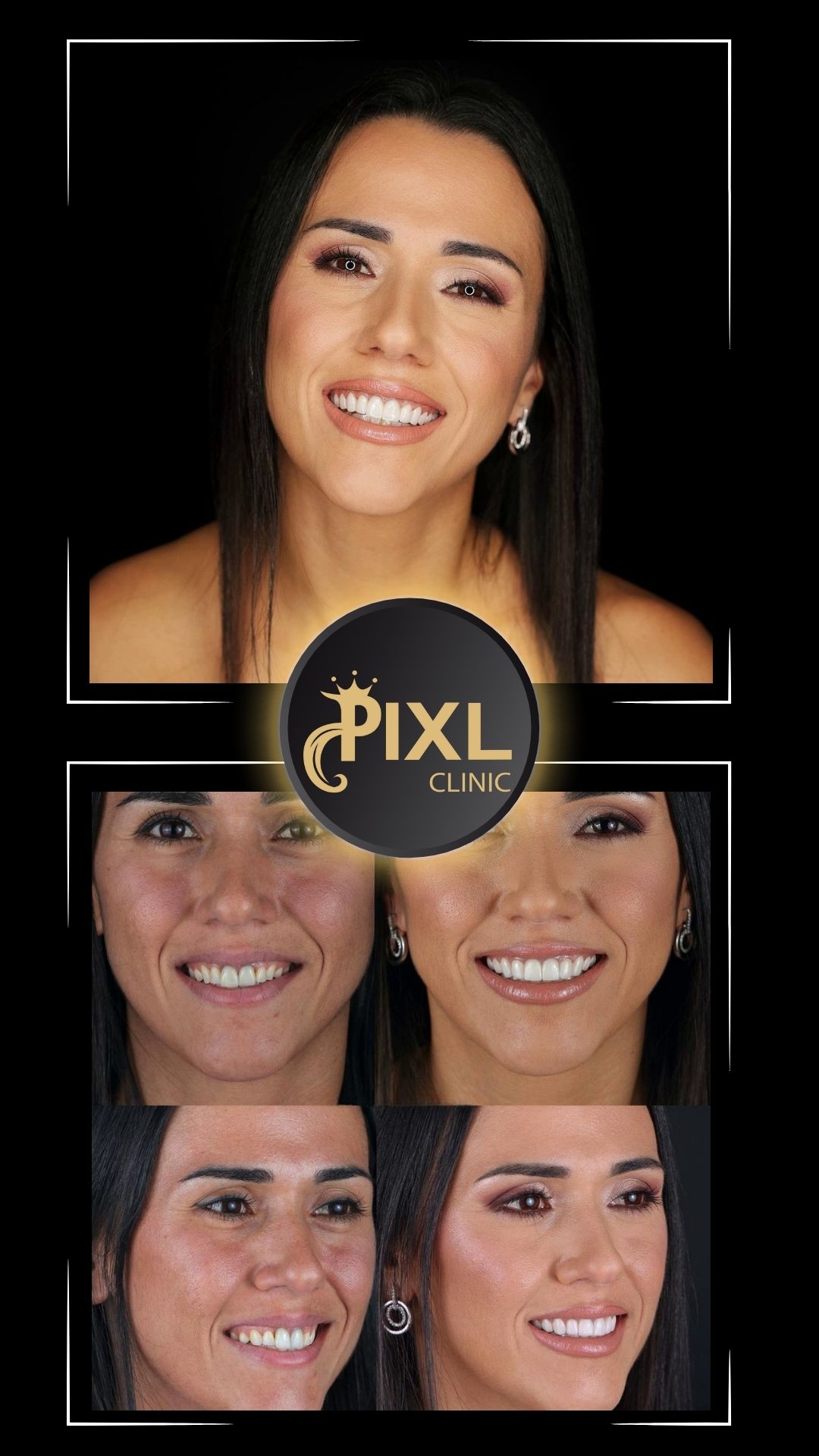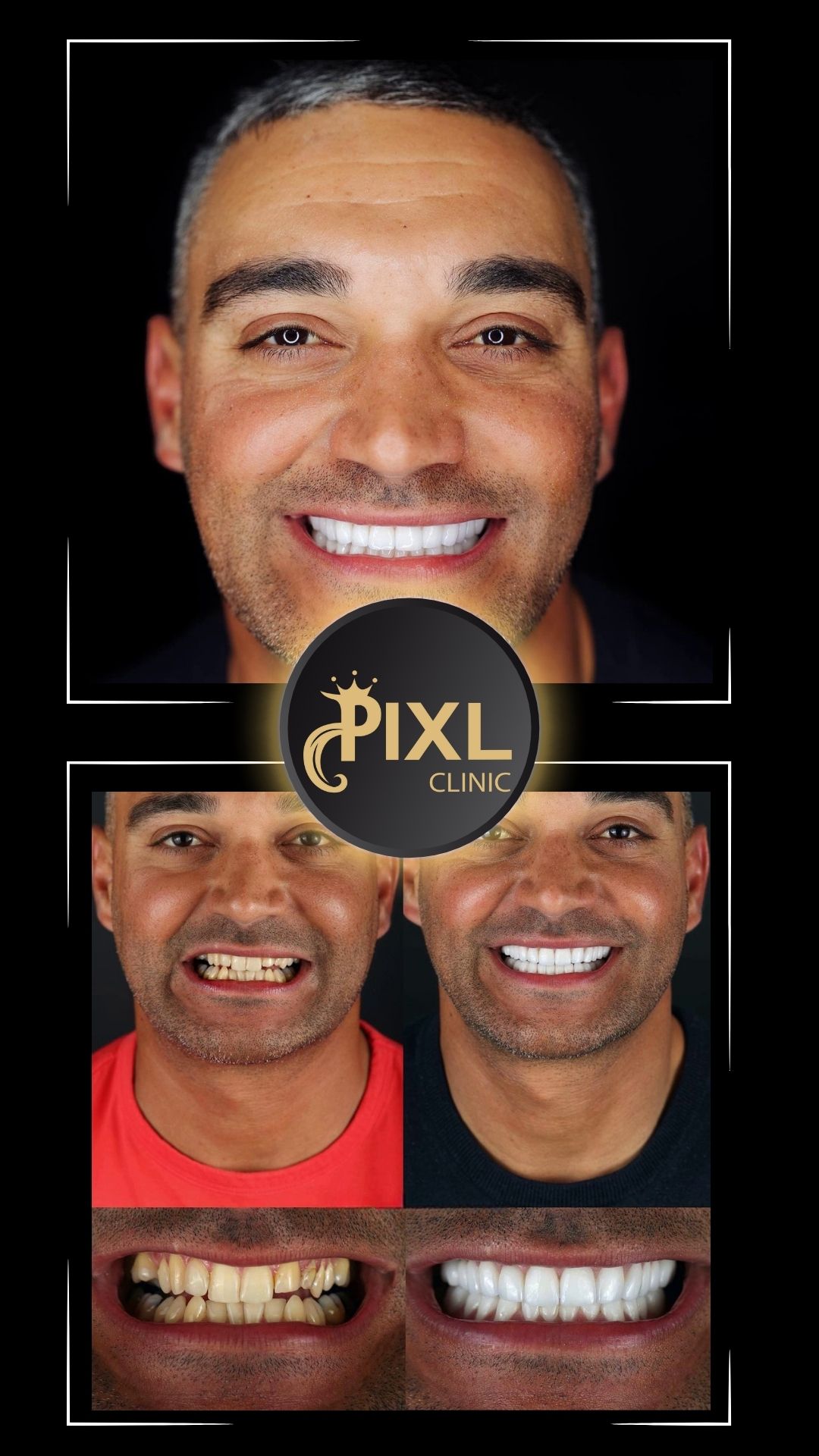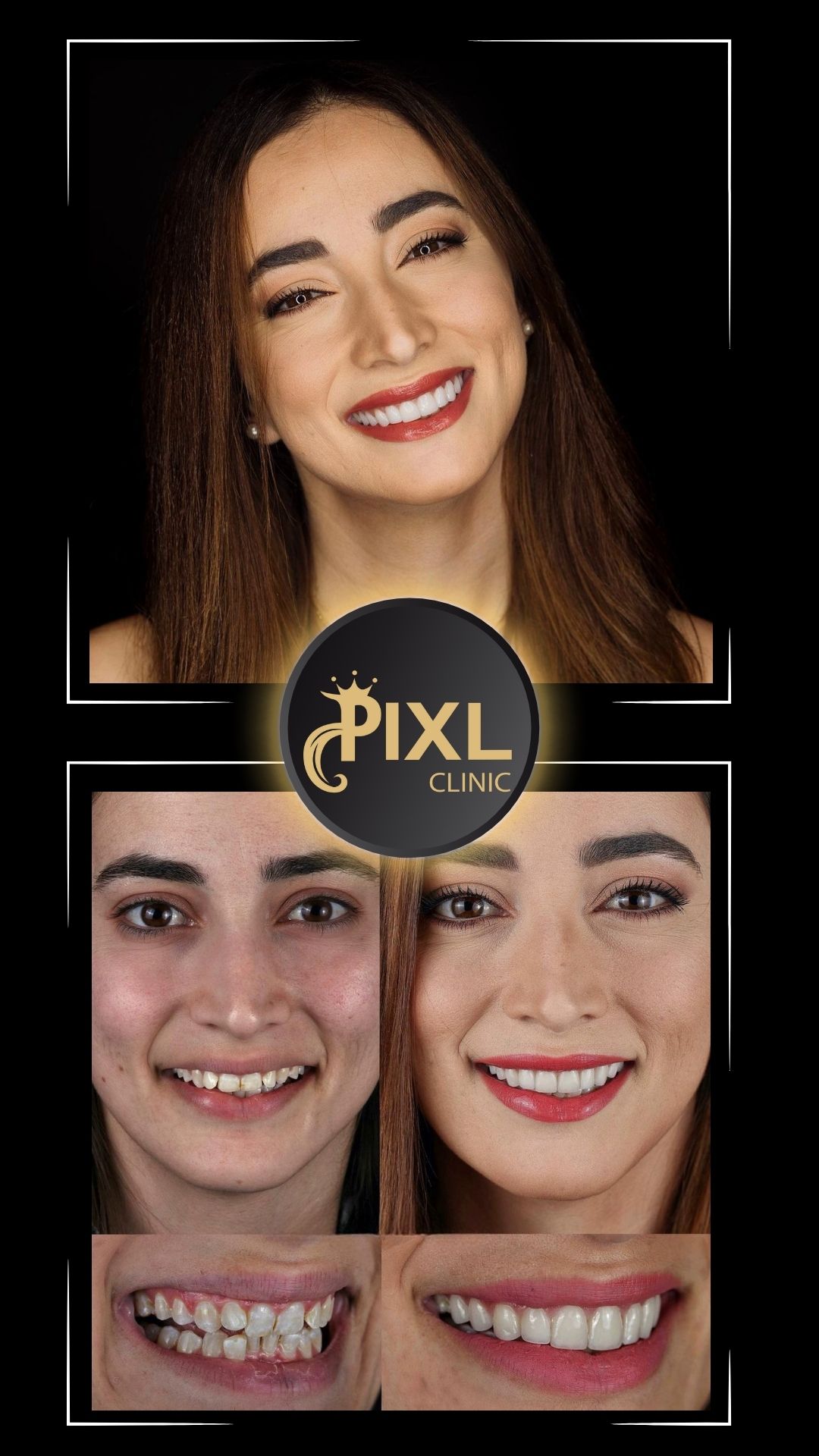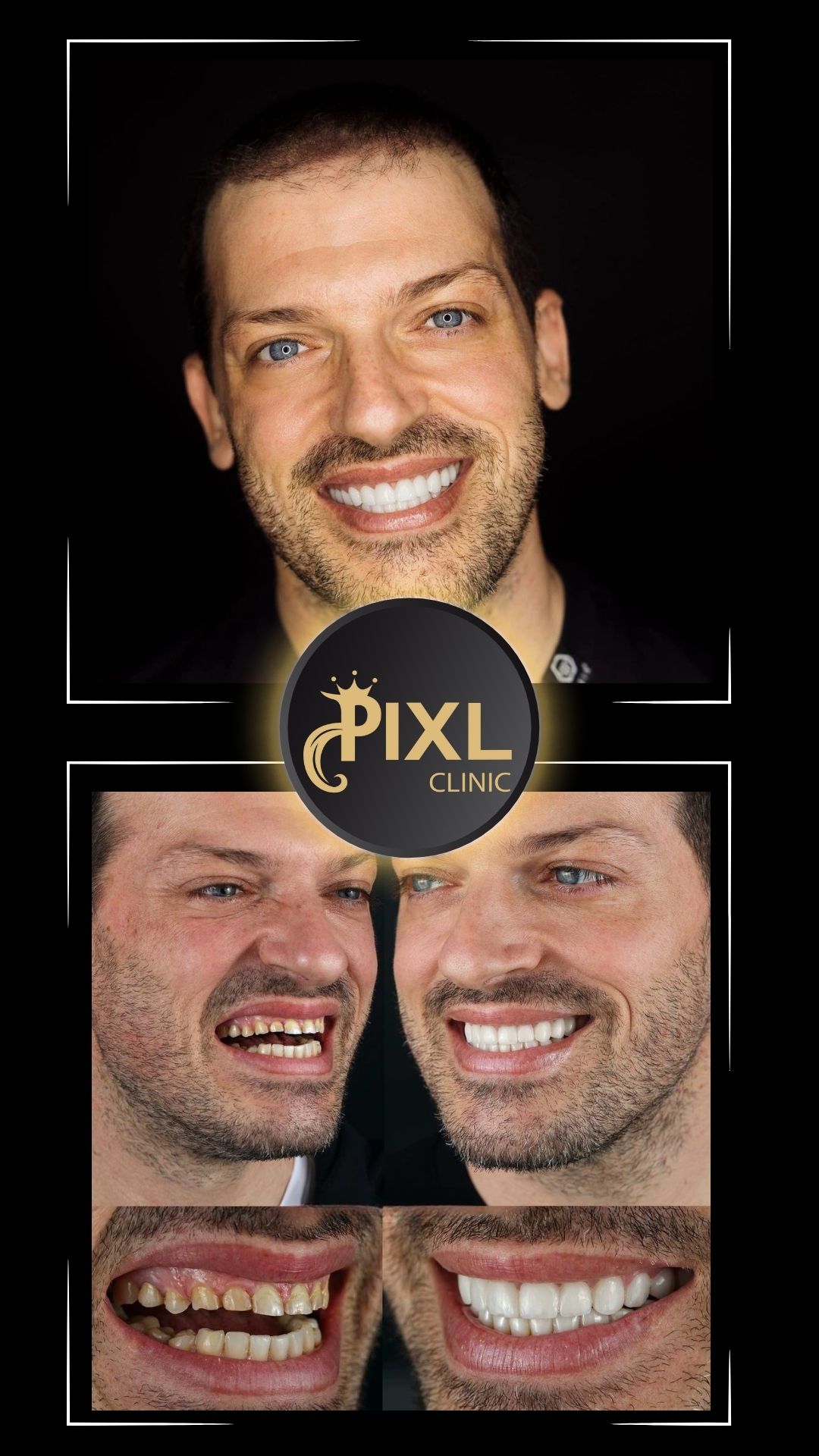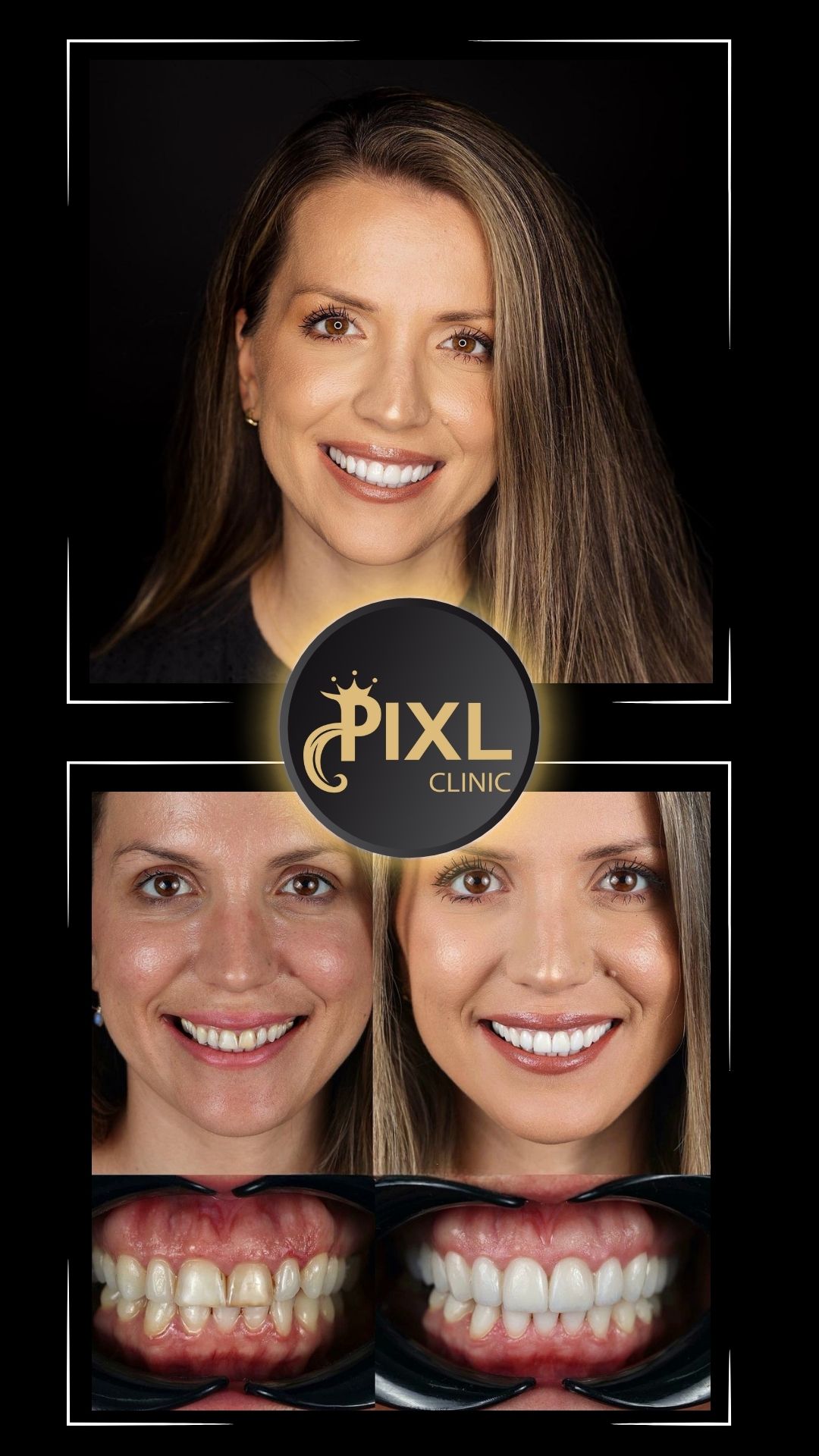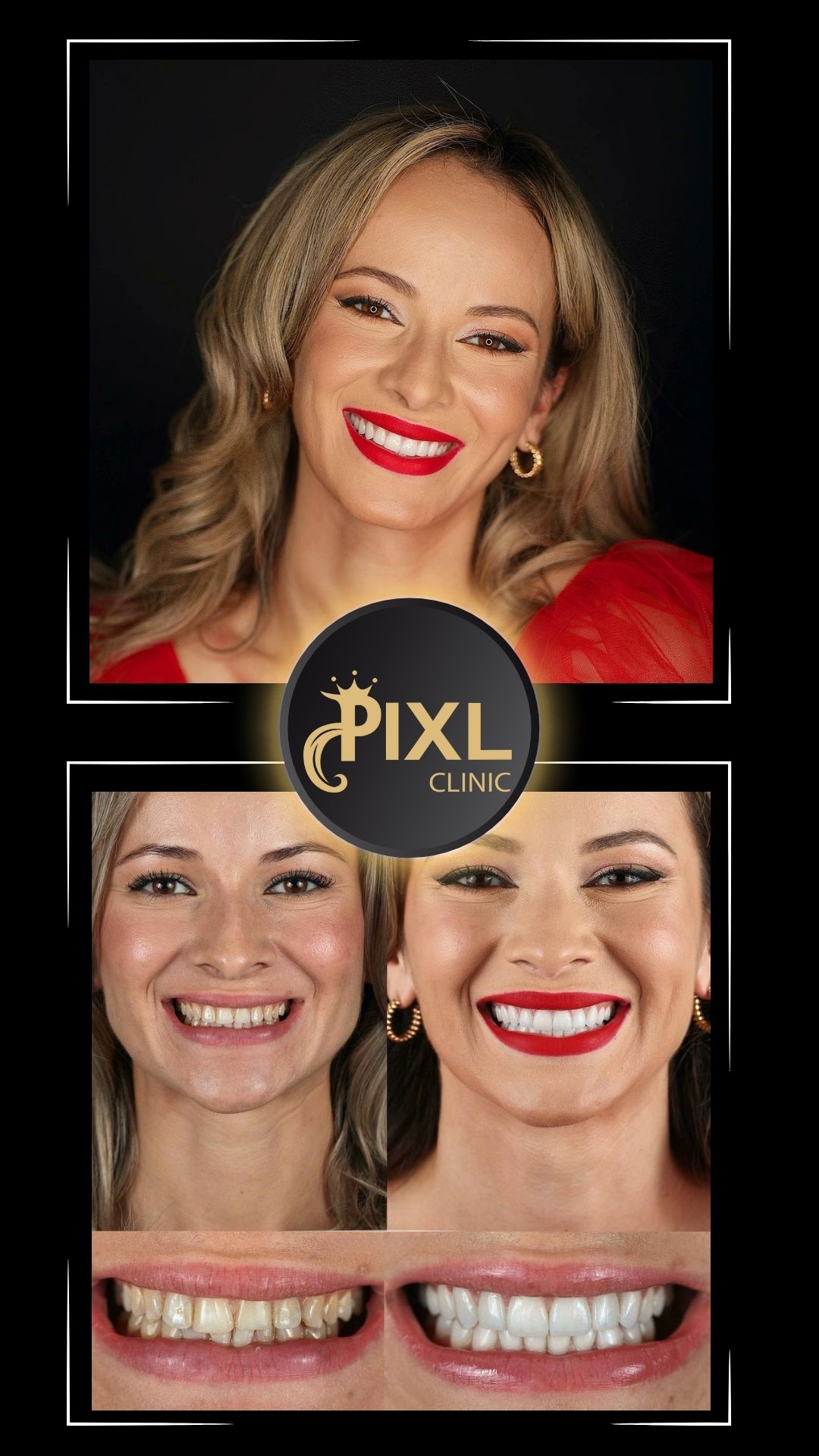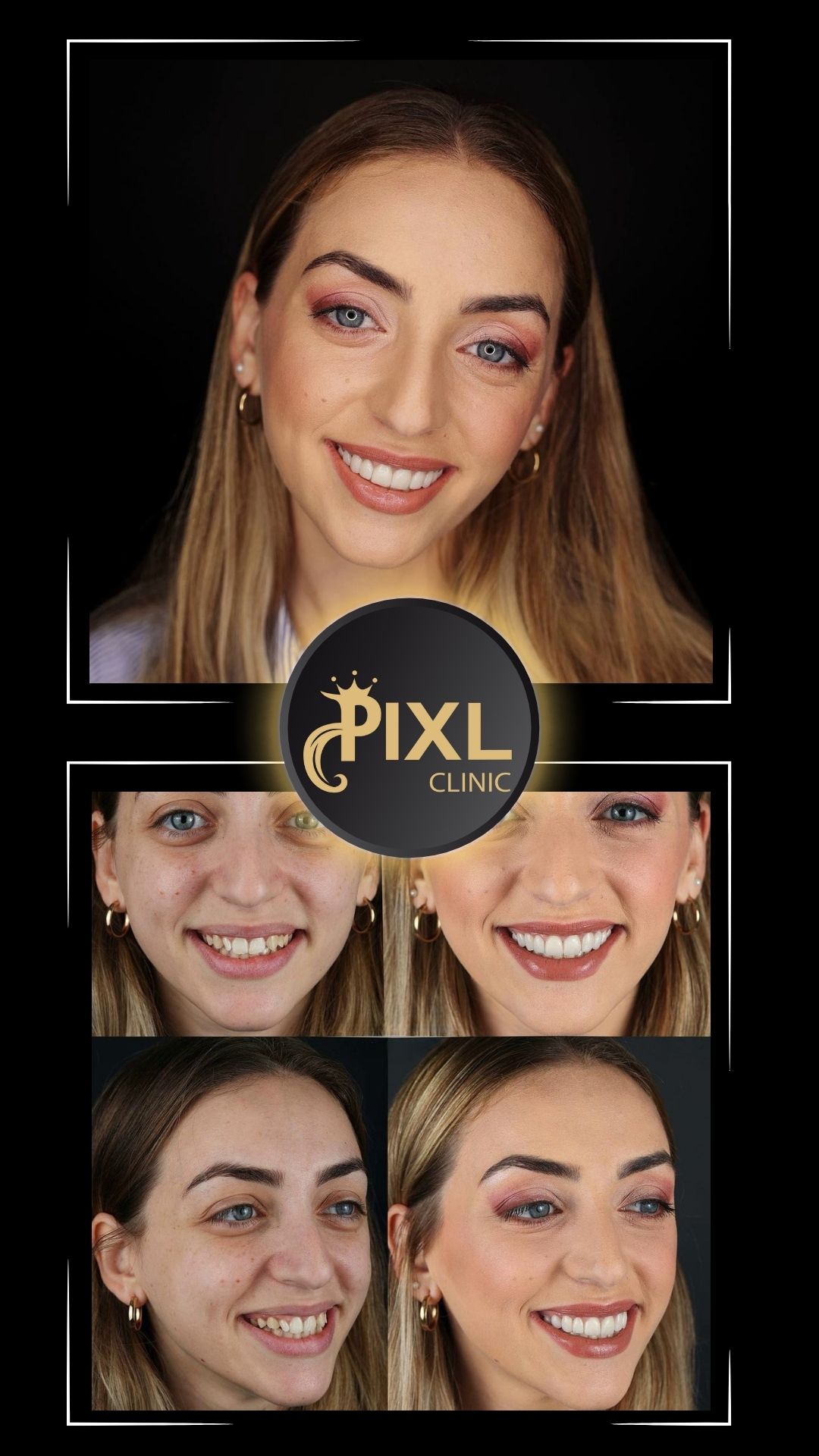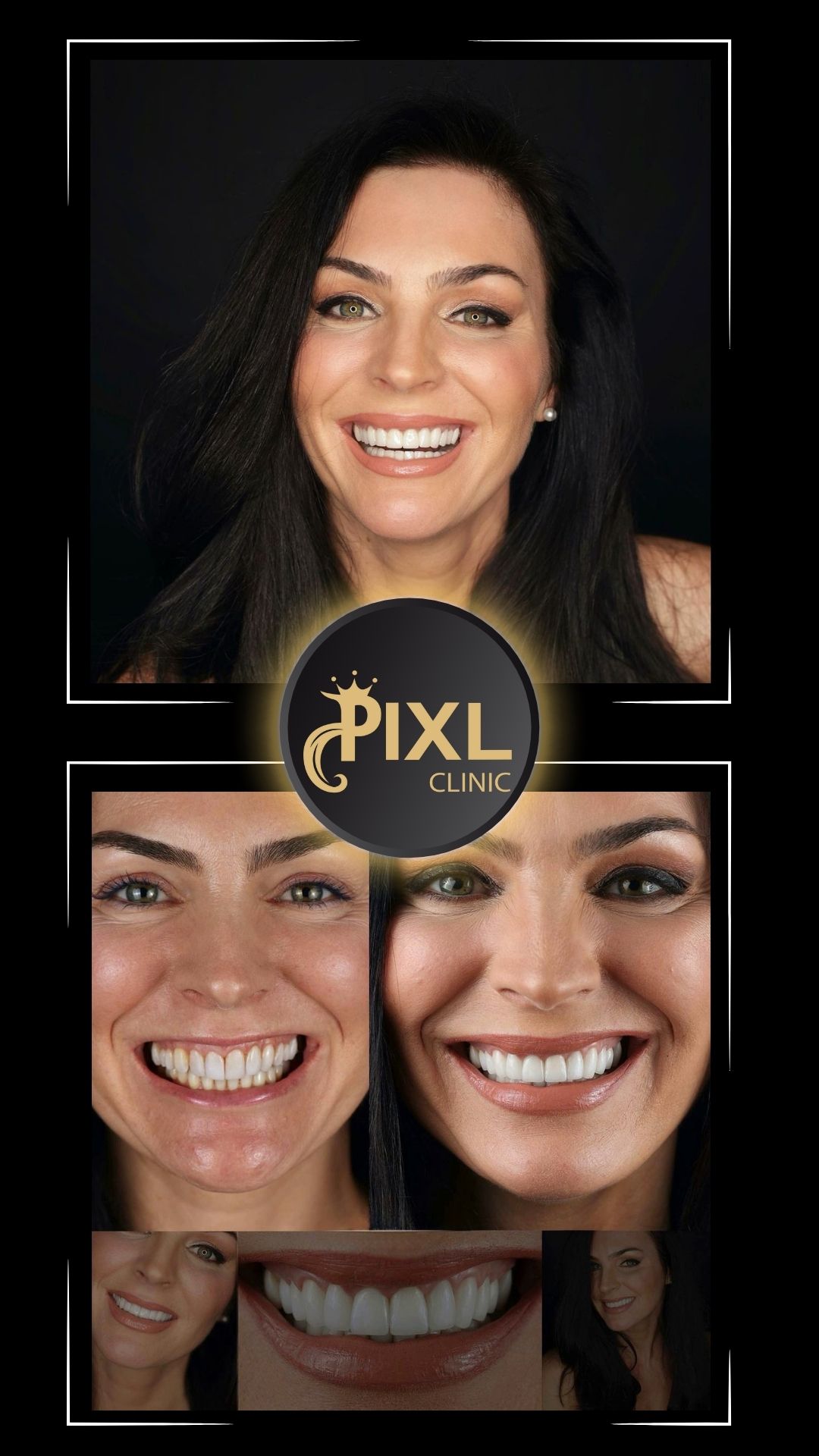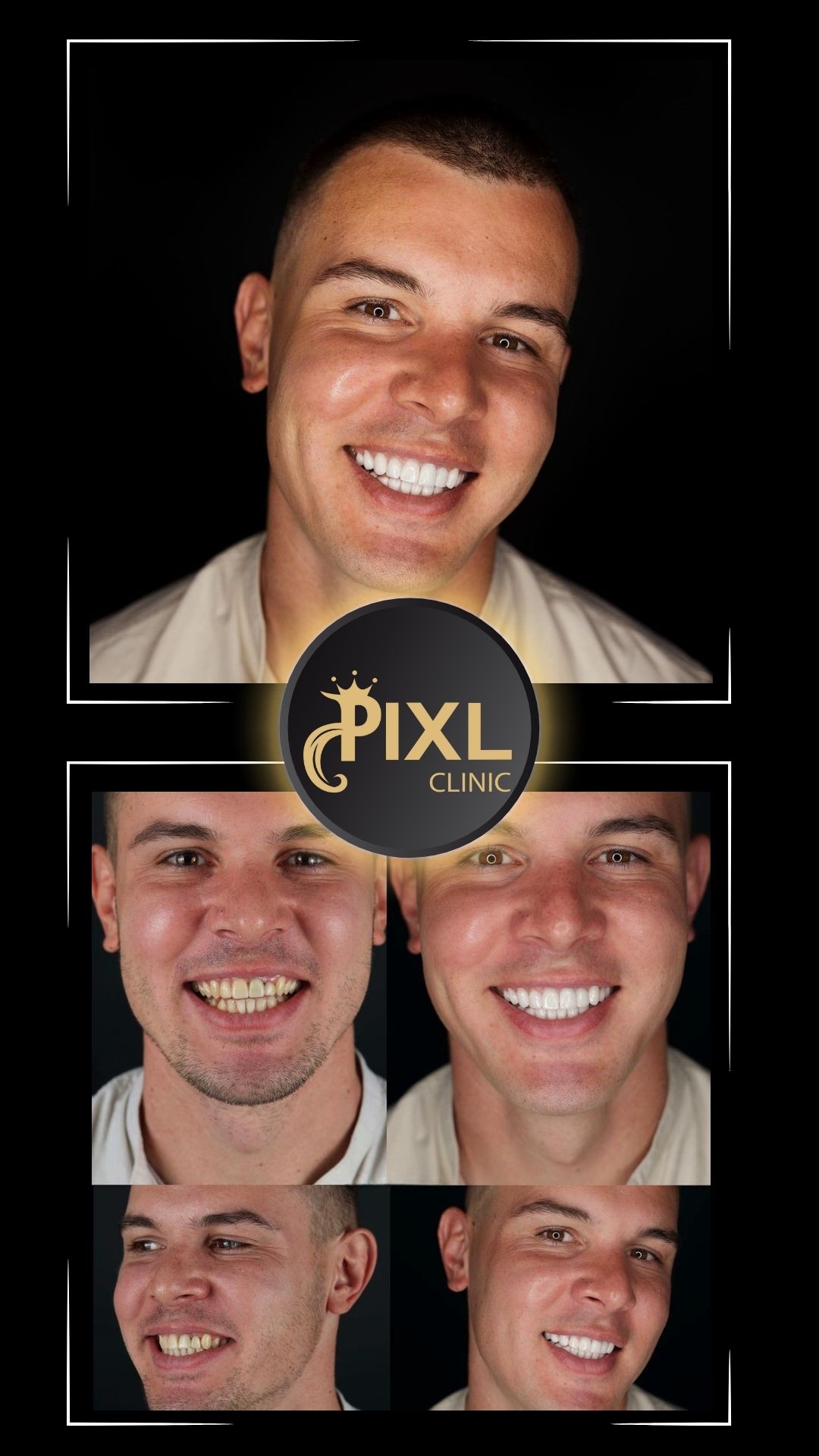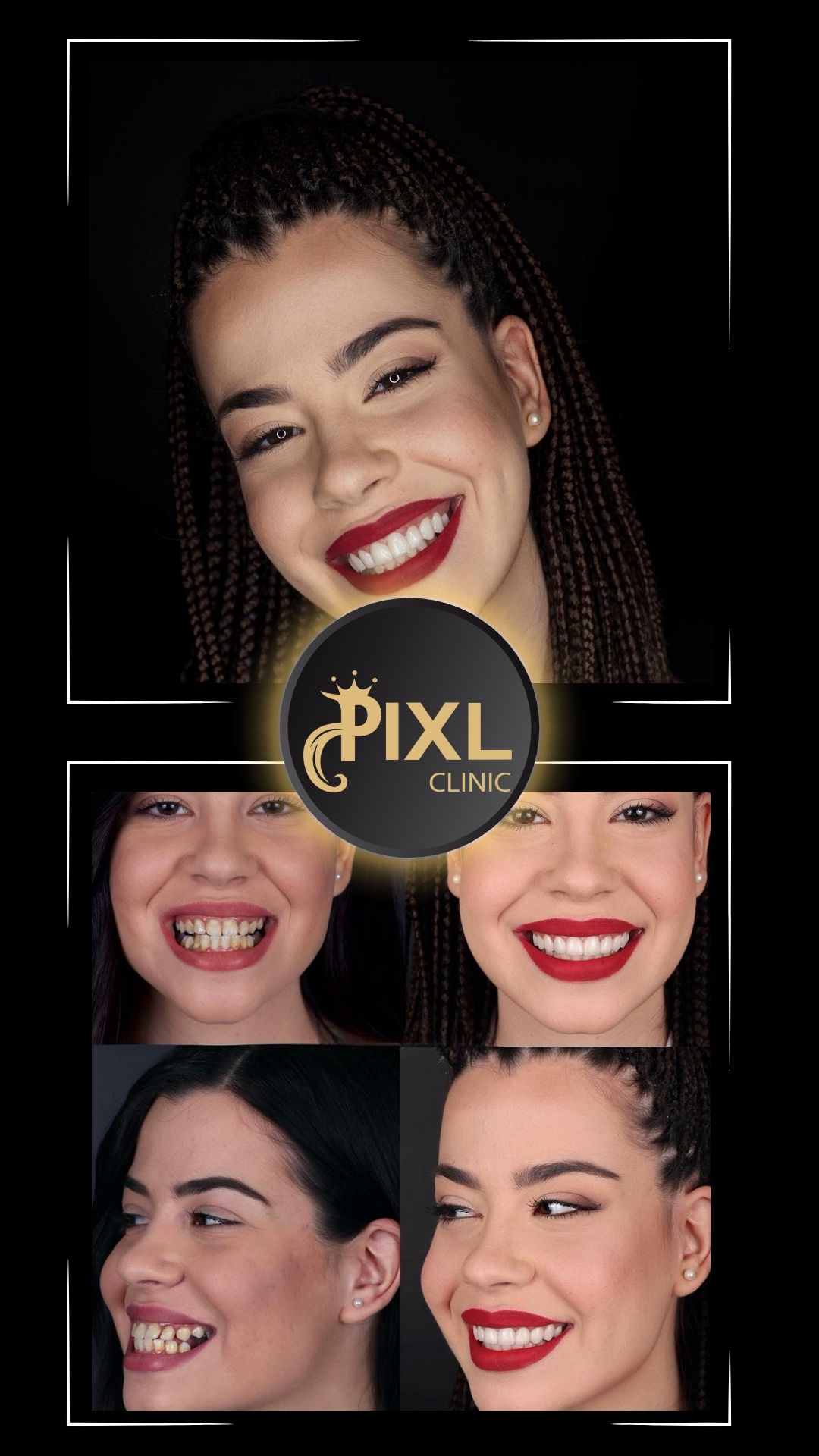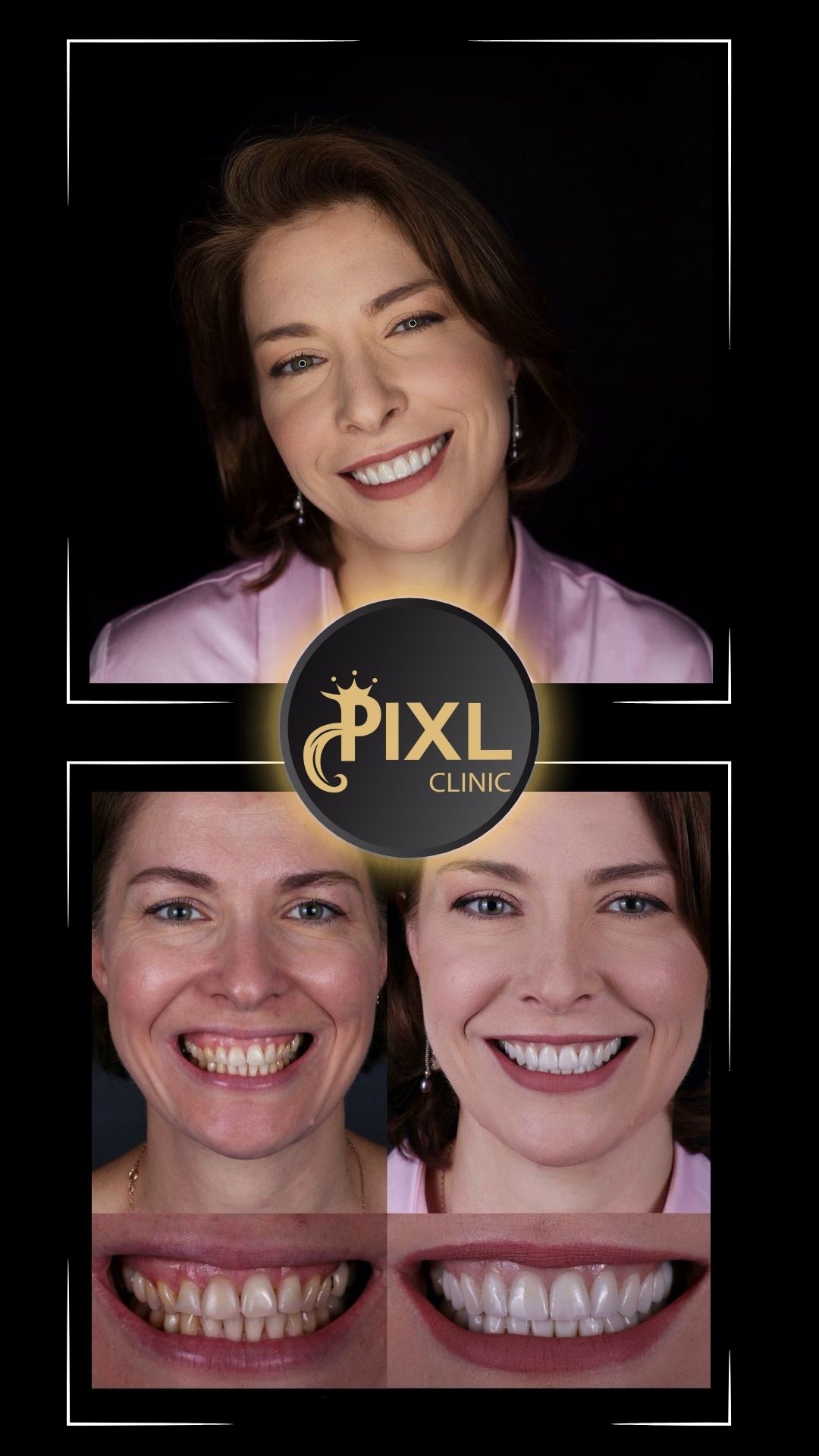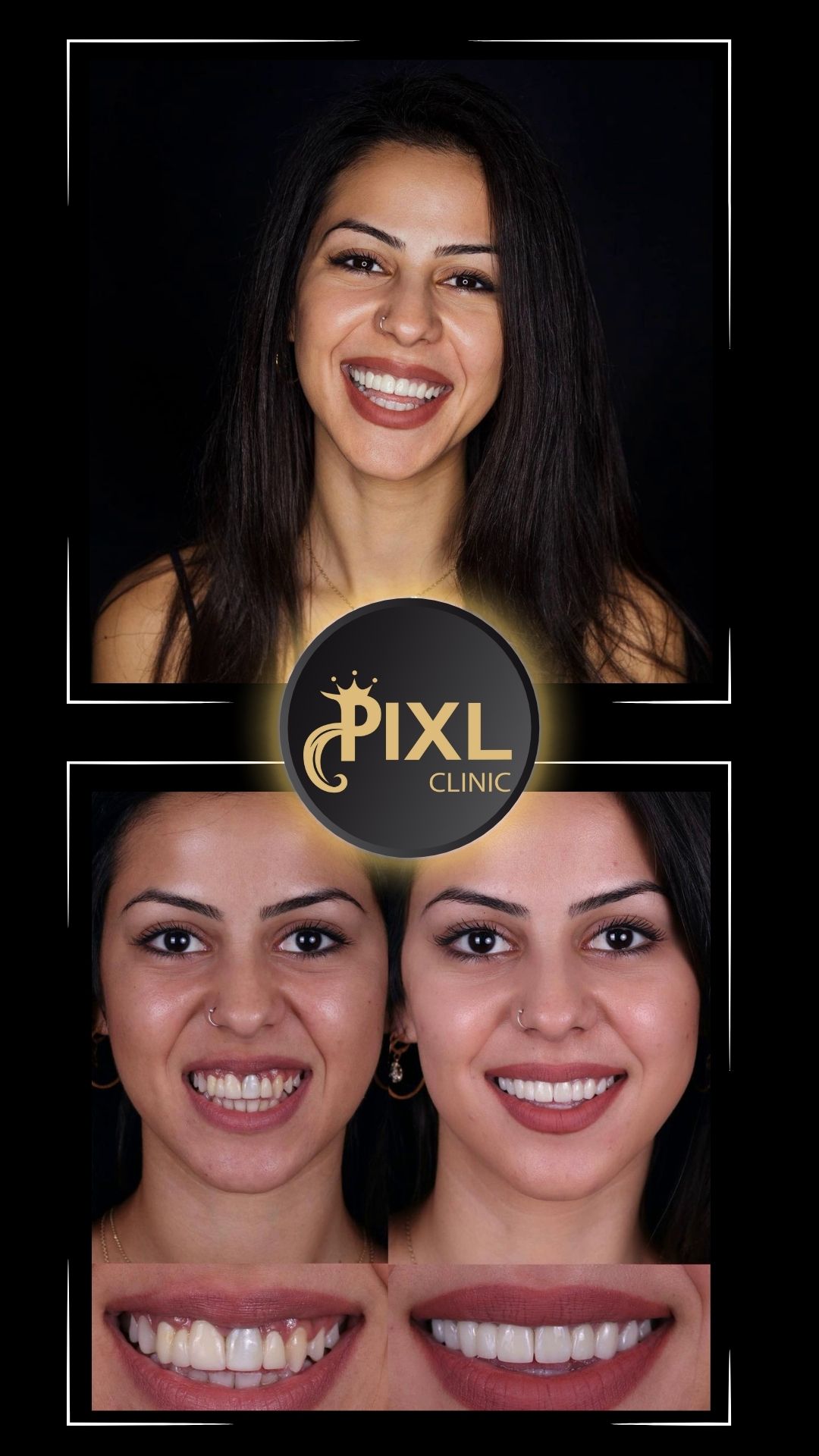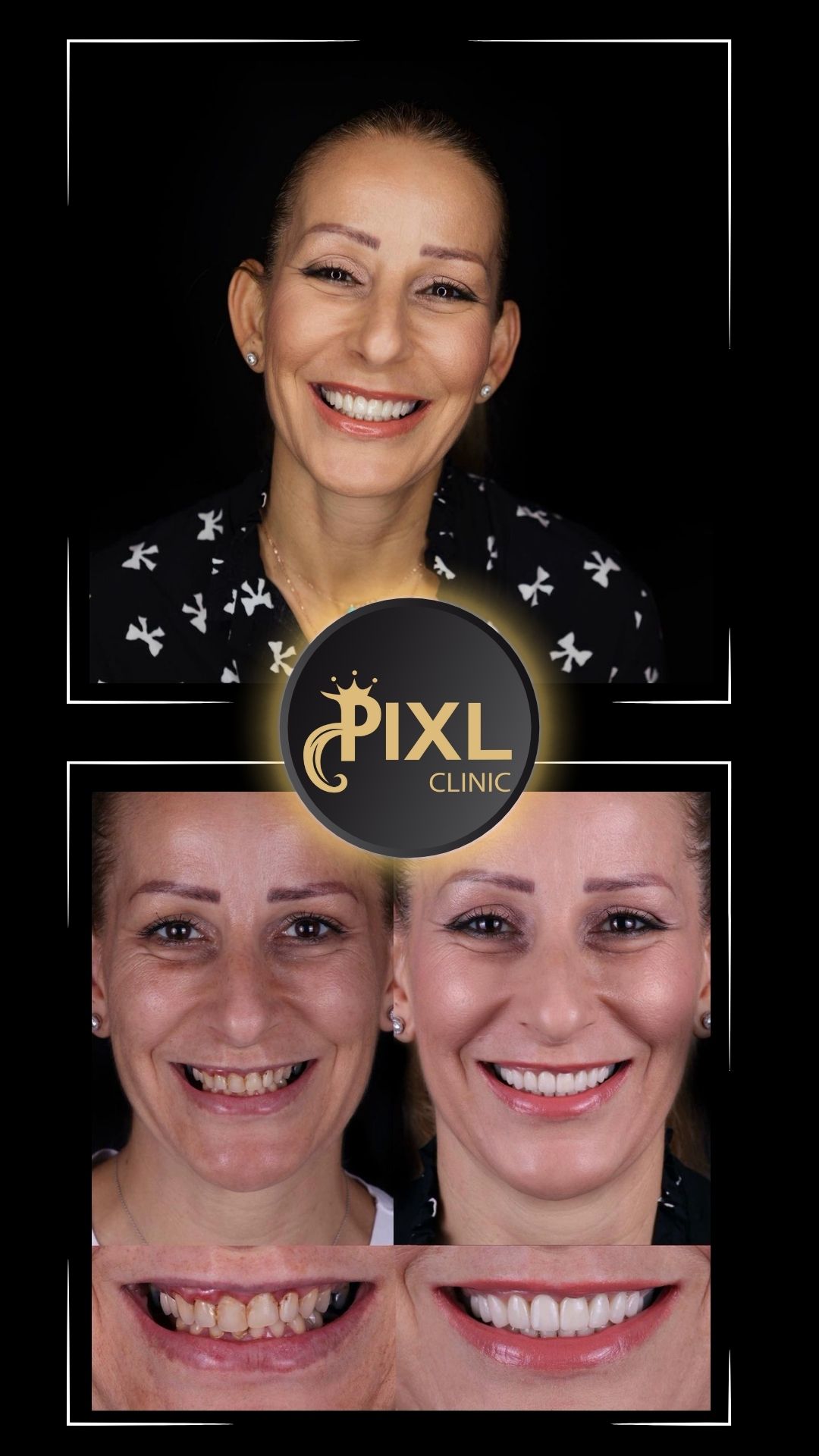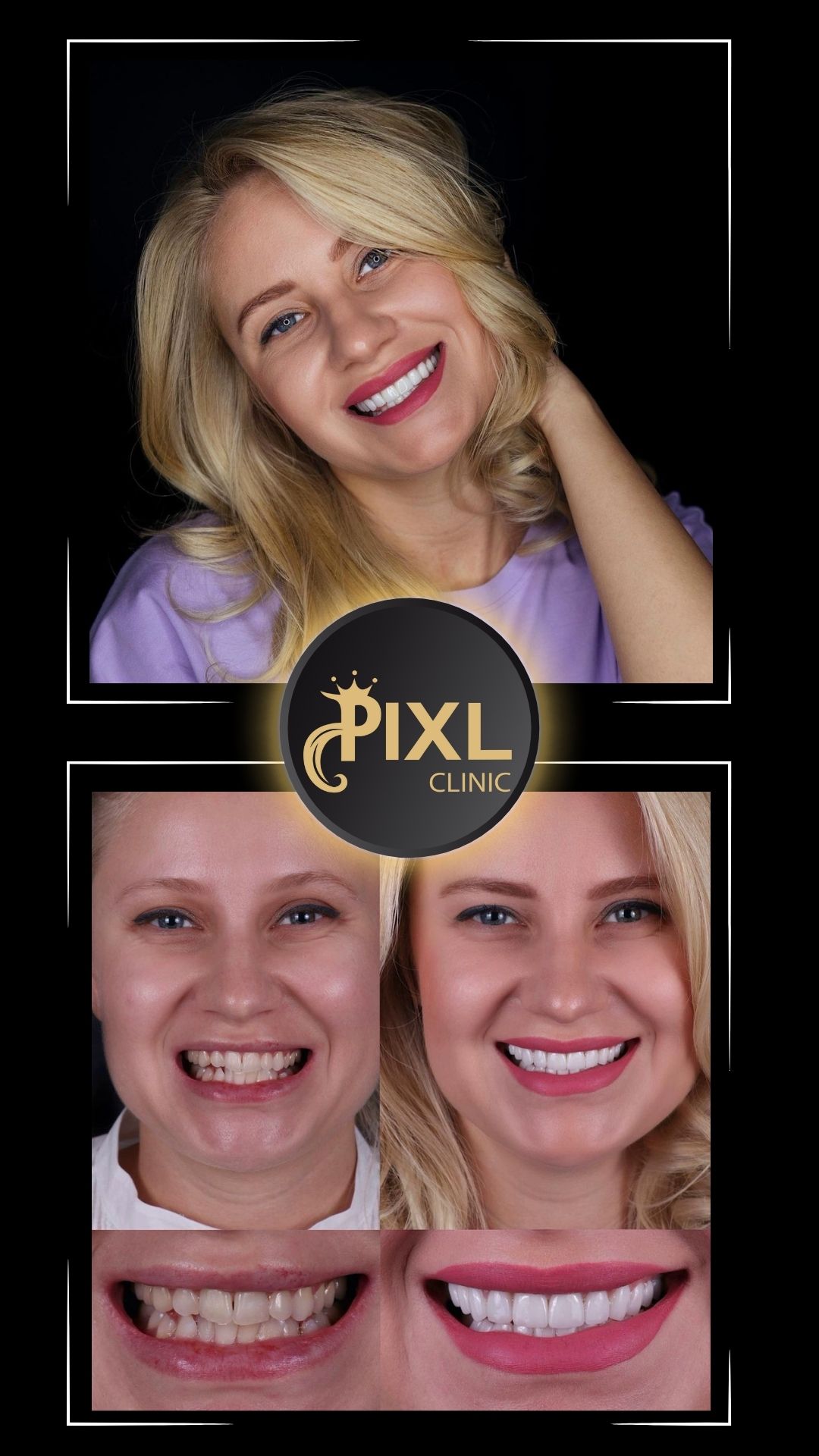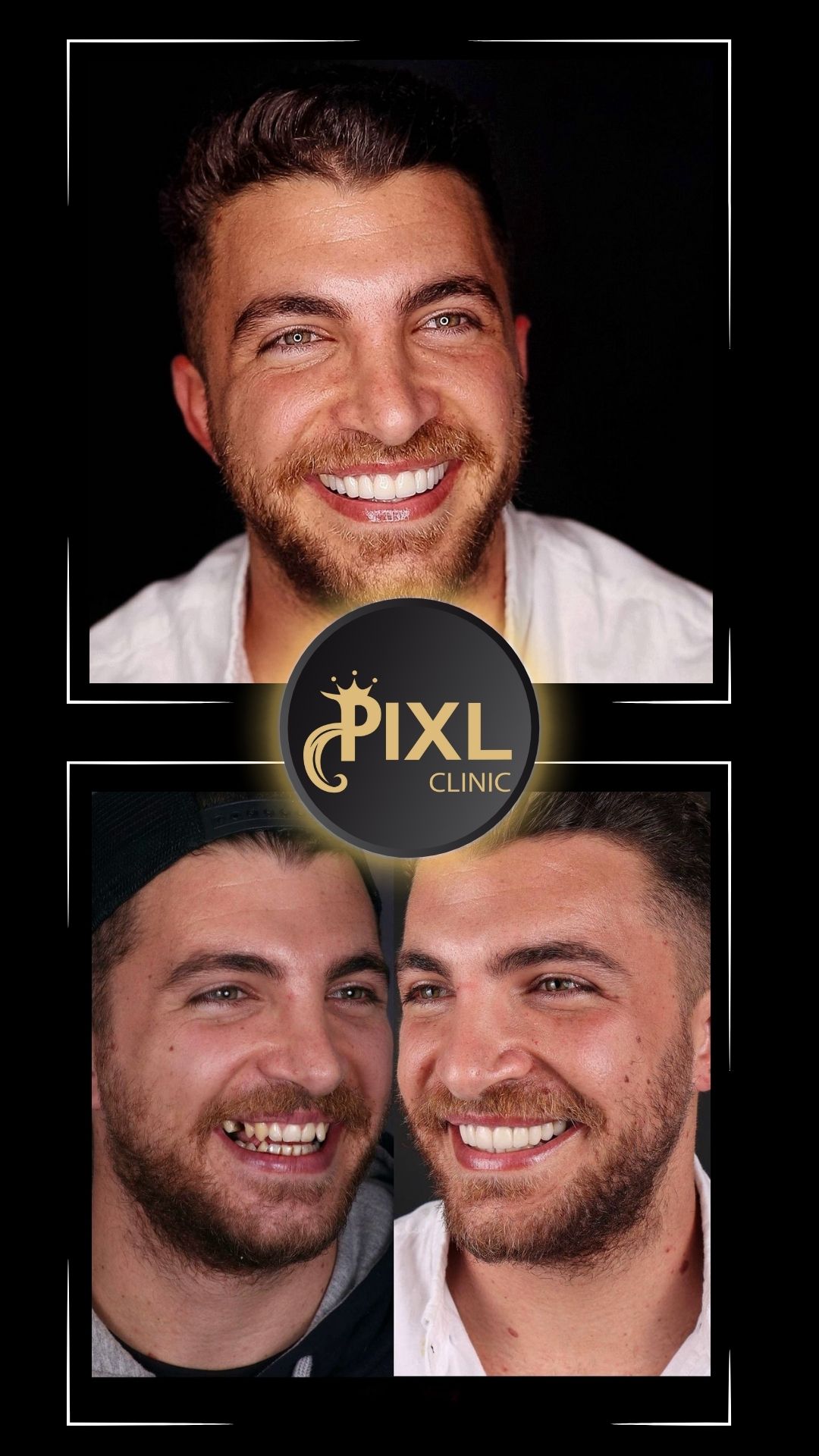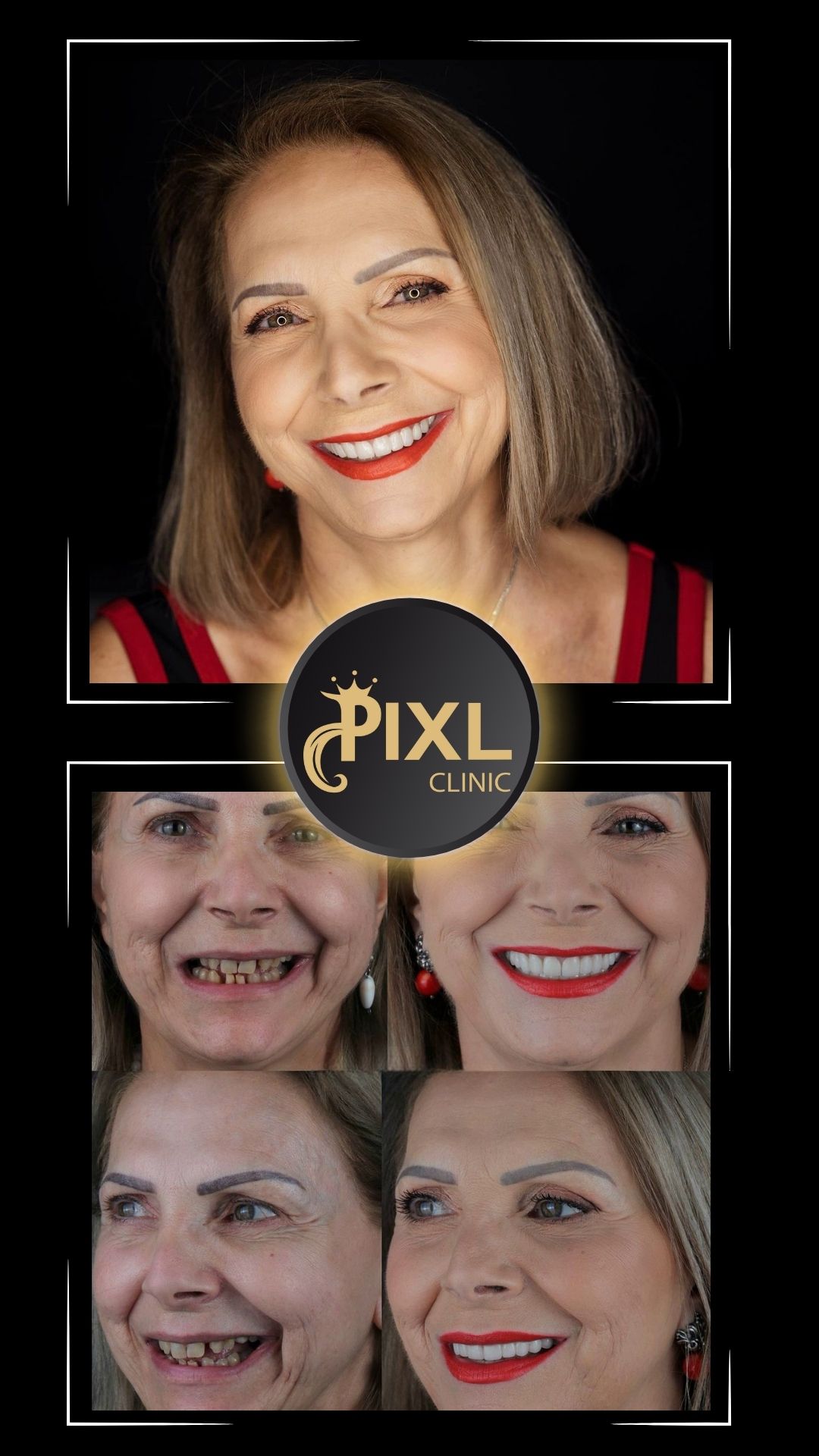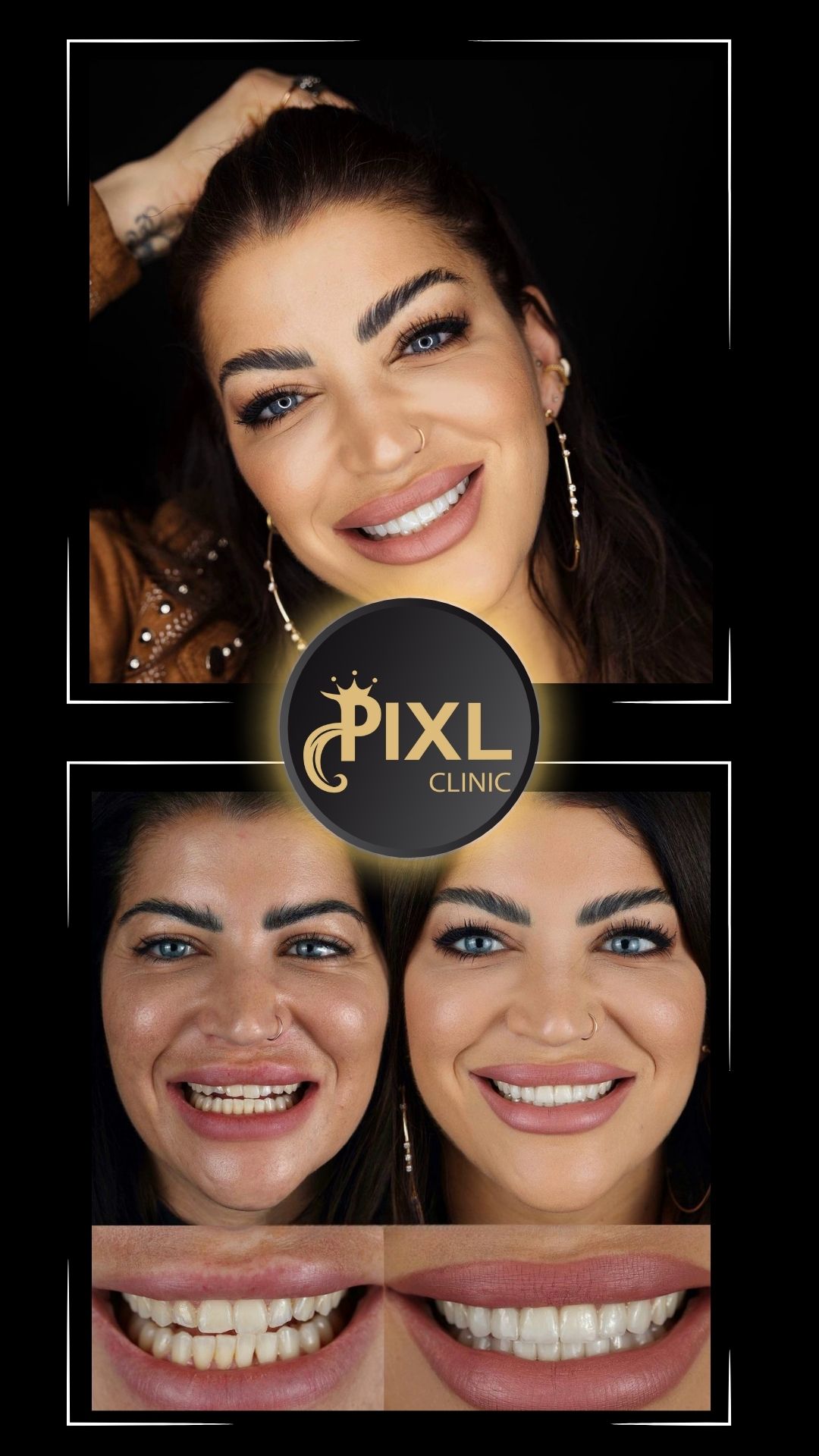Zirconia Crowns: A Comprehensive Guide
When it comes to dental restorations, zirconia crowns have gained immense popularity for their durability, aesthetics, and versatility. Whether you’re considering getting a zirconia crown or are simply curious about this dental innovation, this guide will provide you with everything you need to know.
What Are Zirconia Crowns?
Zirconia crowns are dental crowns made from zirconium dioxide, a strong and biocompatible material. Zirconium is a metal, but when it’s oxidized, it becomes a ceramic material that combines the strength of metal with the aesthetics of ceramic.
Zirconia crowns are known for their exceptional durability and natural appearance, making them a preferred choice for both anterior (front) and posterior (back) teeth.

Types of Zirconia Crowns
There are several types of zirconia crowns, each suited for different needs:
1. Monolithic Zirconia Crowns
- Made entirely from zirconia.
- Extremely durable and resistant to chipping.
- Ideal for posterior teeth where strength is a priority.
2. Layered Zirconia Crowns
- Have a zirconia base with a layer of porcelain on top.
- Offer a more natural appearance.
- Best suited for anterior teeth where aesthetics are crucial.
3. High-Translucent Zirconia Crowns
- Provide superior aesthetics with enhanced translucency.
- Mimic the appearance of natural teeth.
- Suitable for both anterior and posterior restorations.
Advantages of Zirconia Crowns
Zirconia crowns have numerous benefits, which contribute to their growing popularity:
1. Durability
Zirconia is one of the strongest materials used in dentistry, making these crowns highly resistant to fracture and wear. They are an excellent choice for patients with bruxism (teeth grinding) or for restoring molars that endure significant chewing force.
2. Aesthetic Appeal
With advancements in dental technology, zirconia crowns can be made to closely match the color and translucency of natural teeth. Layered zirconia and high-translucent options enhance this aesthetic quality.
3. Biocompatibility
Zirconia is non-toxic and does not cause allergic reactions, making it a safe choice for patients with metal sensitivities.
4. Minimal Tooth Preparation
The strength of zirconia allows for thinner crowns, which require less removal of natural tooth structure during preparation.
5. Long Lifespan
With proper care, zirconia crowns can last for many years, providing excellent value for money.
Disadvantages of Zirconia Crowns
While zirconia crowns have many advantages, they also come with a few limitations:
1. Cost
Zirconia crowns tend to be more expensive than other crown materials, such as porcelain-fused-to-metal (PFM) or full-metal crowns.
2. Abrasion
Zirconia can be harder than natural enamel, potentially causing wear to opposing teeth if not properly polished.
3. Complex Repairs
If a zirconia crown chips or breaks, it is challenging to repair and may require replacement.
The Process of Getting a Zirconia Crown
Getting a zirconia crown typically involves the following steps:
1. Consultation and Examination
Your dentist will examine the tooth and determine if a crown is the best solution. X-rays may be taken to assess the tooth’s structure and surrounding bone.
2. Tooth Preparation
The dentist will remove a small portion of the tooth to create space for the crown. An impression or digital scan is taken to create a precise mold.
3. Temporary Crown
A temporary crown is placed while the permanent zirconia crown is being fabricated.
4. Crown Fabrication
The mold or scan is sent to a dental lab, where the zirconia crown is custom-made. This process can take 1-2 weeks, although same-day crowns are possible with advanced CAD/CAM technology.
5. Fitting and Cementation
Once the crown is ready, the dentist checks its fit, color, and alignment before permanently cementing it onto the tooth.
Care and Maintenance of Zirconia Crowns
Proper care can extend the lifespan of your zirconia crown. Here are some tips:
- Maintain Good Oral Hygiene Brush twice a day with fluoride toothpaste and floss daily to prevent decay around the crown.
- Avoid Hard Foods While zirconia is strong, it’s best to avoid chewing on hard objects like ice or pens to prevent damage.
- Regular Dental Check-Ups Visit your dentist regularly for check-ups and professional cleanings.
- Use a Night Guard If you grind your teeth at night, consider using a night guard to protect your crown.
Zirconia Crowns vs. Other Crowns
1. Zirconia vs. Porcelain-Fused-to-Metal (PFM) Crowns
- Strength: Zirconia is stronger and does not have a metal core that can show through the gumline.
- Aesthetics: Zirconia offers better aesthetics due to its all-ceramic composition.
2. Zirconia vs. Ceramic Crowns
- Durability: Zirconia is more durable and resistant to chipping than traditional ceramic crowns.
- Appearance: High-translucent zirconia rivals ceramic crowns in aesthetics.
3. Zirconia vs. Metal Crowns
- Appearance: Metal crowns are not aesthetic, whereas zirconia mimics natural teeth.
- Biocompatibility: Zirconia is a better option for patients with metal allergies.
Who Should Consider Zirconia Crowns?
Zirconia crowns are suitable for a wide range of patients, including those who:
- Need durable restorations for molars.
- Prioritize a natural look for front teeth.
- Have metal allergies or sensitivities.
- Require a long-lasting solution for damaged teeth.
Final Thoughts
Zirconia crowns are an excellent option for dental restorations due to their strength, aesthetics, and biocompatibility. While they may come at a higher cost, their longevity and benefits make them a worthwhile investment in your oral health. If you’re considering a zirconia crown, consult with your dentist to determine if it’s the right choice for your needs.
With proper care, a zirconia crown can restore both the function and beauty of your smile for years to come.
Zirconia Crowns FAQ
What is a zirconia crown?
A zirconia crown is a dental restoration made from zirconium dioxide, a strong and biocompatible ceramic material. It is used to cover and protect damaged or decayed teeth while restoring their function and appearance.
How long do zirconia crowns last?
With proper care, zirconia crowns can last 10–15 years or longer. Factors like oral hygiene, diet, and regular dental visits can influence their longevity.
Are zirconia crowns better than porcelain crowns?
Zirconia crowns are generally stronger and more durable than porcelain crowns. They are also less prone to chipping and cracking. However, porcelain crowns may offer slightly better translucency, which can be advantageous for front teeth in some cases.
Are zirconia crowns safe?
Yes, zirconia crowns are highly biocompatible, meaning they do not cause allergic reactions or adverse effects. They are an excellent choice for patients with metal allergies.
Can zirconia crowns be used for back teeth?
Absolutely! Zirconia crowns are ideal for back teeth (molars) due to their exceptional strength and durability, which can withstand the chewing forces in these areas.
Are zirconia crowns suitable for front teeth?
Yes, high-translucent or layered zirconia crowns are well-suited for front teeth as they closely mimic the natural appearance of enamel.
What is the procedure for getting a zirconia crown?
The process typically involves:
- Initial consultation and examination.
- Tooth preparation and impressions.
- Placement of a temporary crown.
- Fabrication of the zirconia crown in a lab.
- Fitting and cementation of the permanent crown.
Do zirconia crowns look natural?
Yes, zirconia crowns, especially high-translucent types, are designed to match the color and appearance of natural teeth. They are virtually indistinguishable from real teeth.
Can zirconia crowns break?
While zirconia crowns are highly durable, they are not completely indestructible. Severe trauma or grinding habits (bruxism) can lead to damage. Using a night guard and avoiding extremely hard foods can help prevent breakage.
Will a zirconia crown stain or discolor over time?
Zirconia crowns are highly resistant to staining. With proper care and regular cleaning, they retain their color and appearance for many years.
Can zirconia crowns cause sensitivity?
Some patients may experience mild sensitivity after the placement of a zirconia crown. This is usually temporary and resolves within a few days.
Do zirconia crowns require special care?
No, zirconia crowns do not require special care beyond regular oral hygiene practices like brushing, flossing, and visiting the dentist regularly.
How are zirconia crowns different from metal crowns?
Unlike metal crowns, zirconia crowns are tooth-colored and blend seamlessly with natural teeth. They are also biocompatible, whereas metal crowns may cause allergic reactions in some patients.
Can I get a same-day zirconia crown?
Yes, some dental clinics offer same-day zirconia crowns using CAD/CAM technology, allowing the crown to be designed, milled, and fitted in a single visit.
Are zirconia crowns covered by insurance?
Many dental insurance plans cover a portion of the cost of zirconia crowns if they are deemed medically necessary. Check with your insurance provider for specific coverage details.
Do zirconia crowns feel different from natural teeth?
Zirconia crowns are designed to closely mimic the feel and function of natural teeth. Most patients adapt quickly and do not notice any significant differences.
Can zirconia crowns be replaced?
Yes, zirconia crowns can be replaced if they become damaged or if the underlying tooth develops issues. The procedure is similar to the original placement process.
Are there alternatives to zirconia crowns?
Yes, alternatives include porcelain-fused-to-metal (PFM) crowns, full porcelain crowns, and metal crowns. The choice depends on individual needs, aesthetics, and budget.
How do I know if zirconia crowns are right for me?
Consult with your dentist to assess your dental needs and discuss the pros and cons of zirconia crowns based on your specific case. They can recommend the best option for you.

